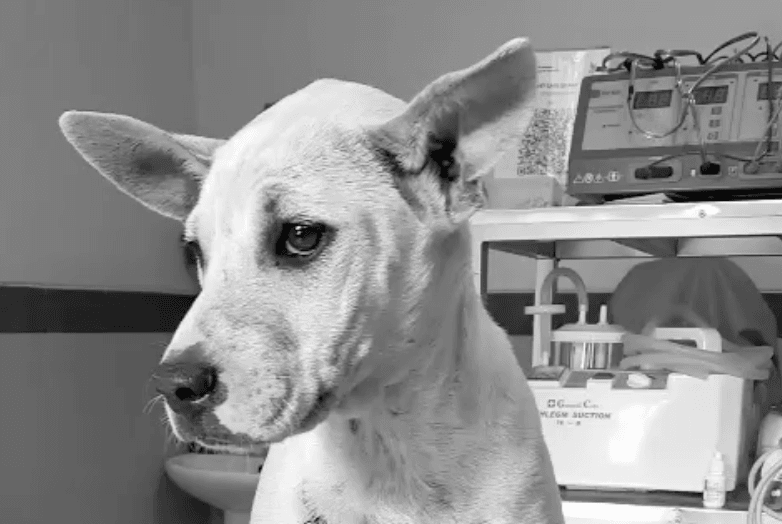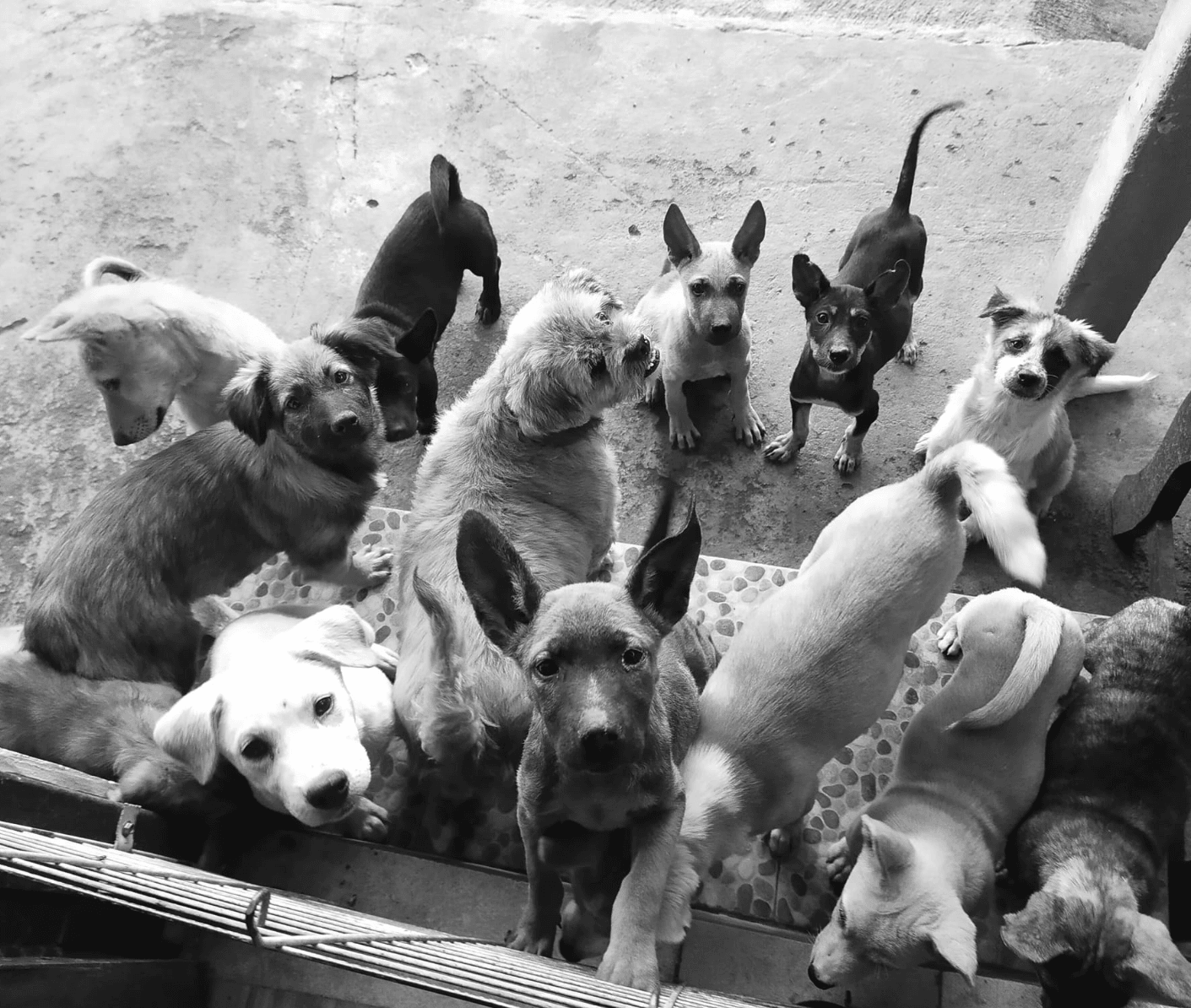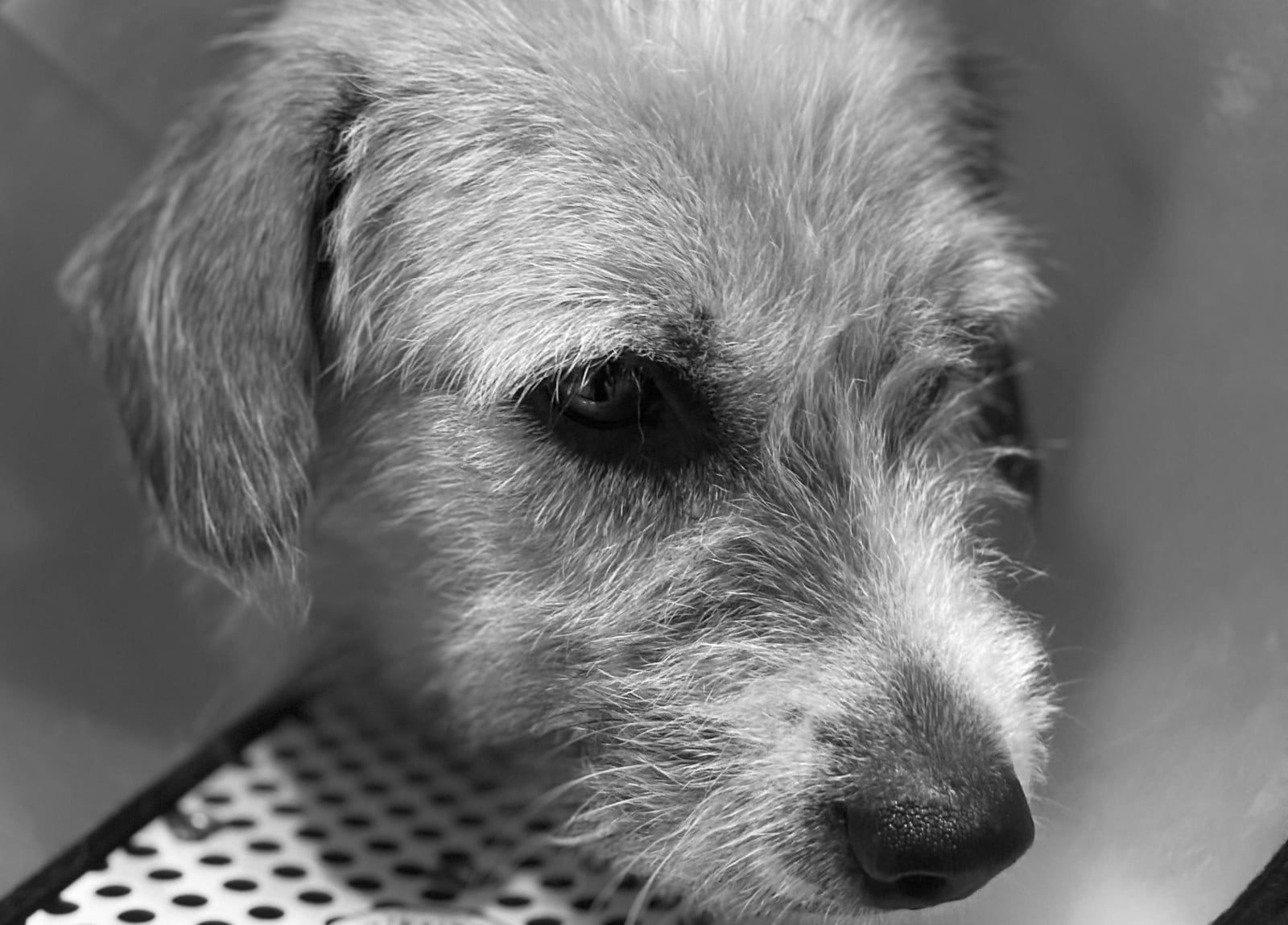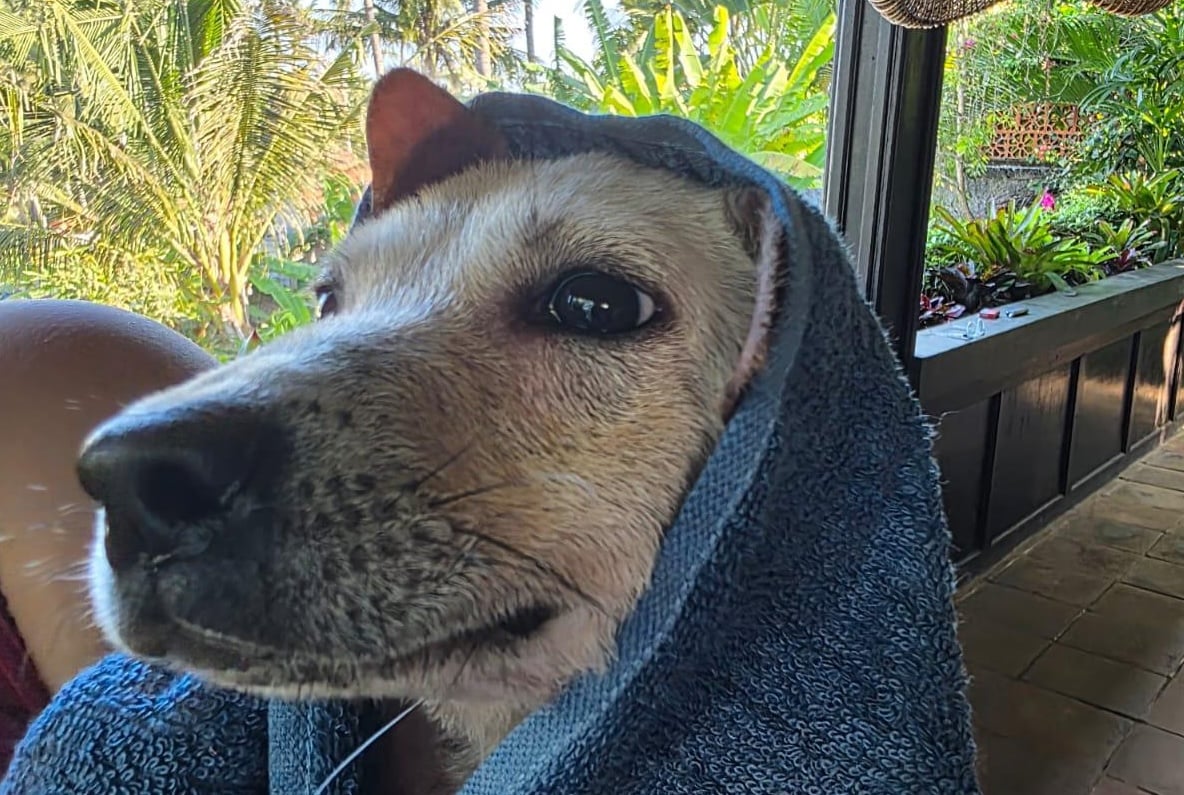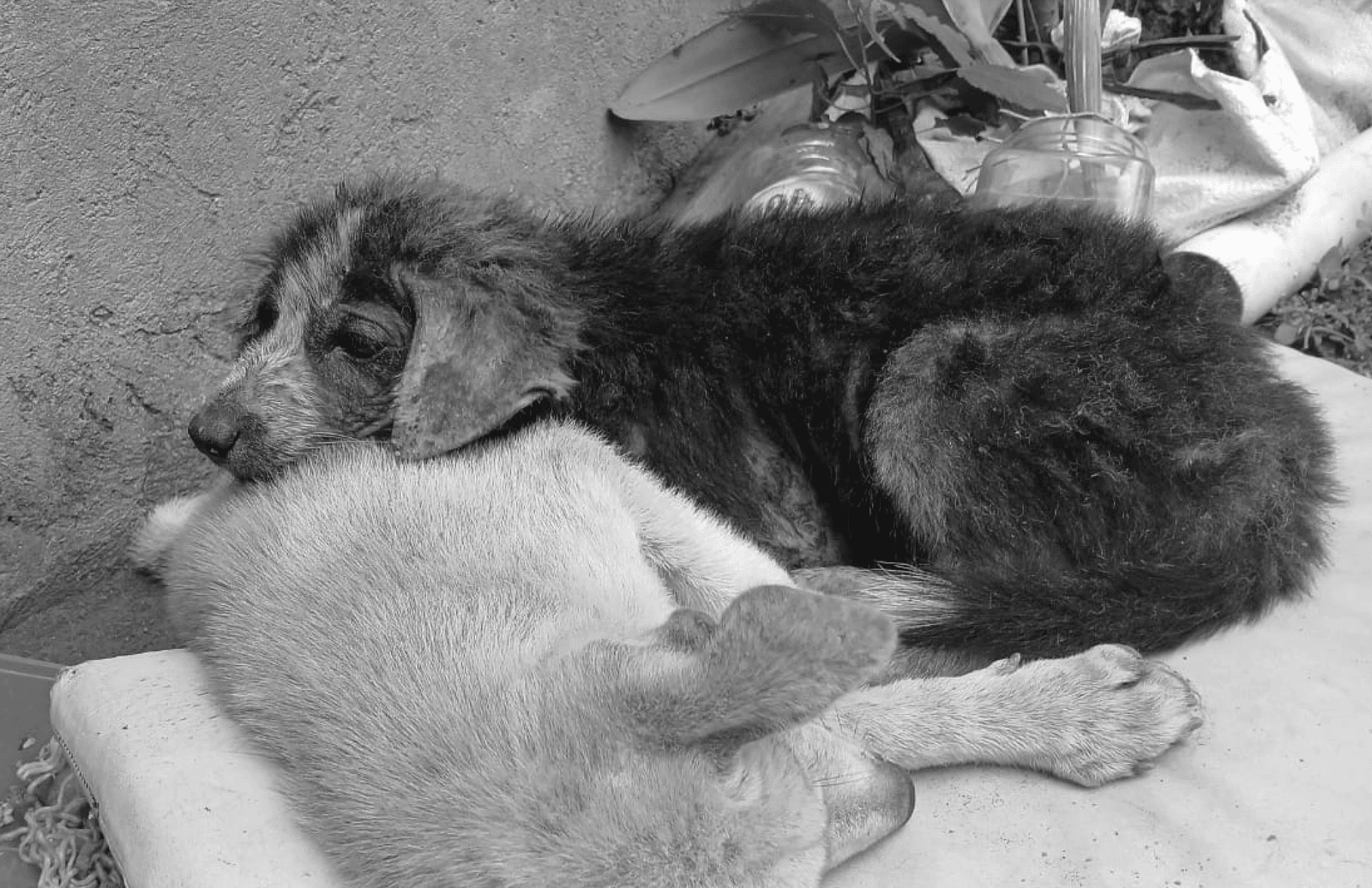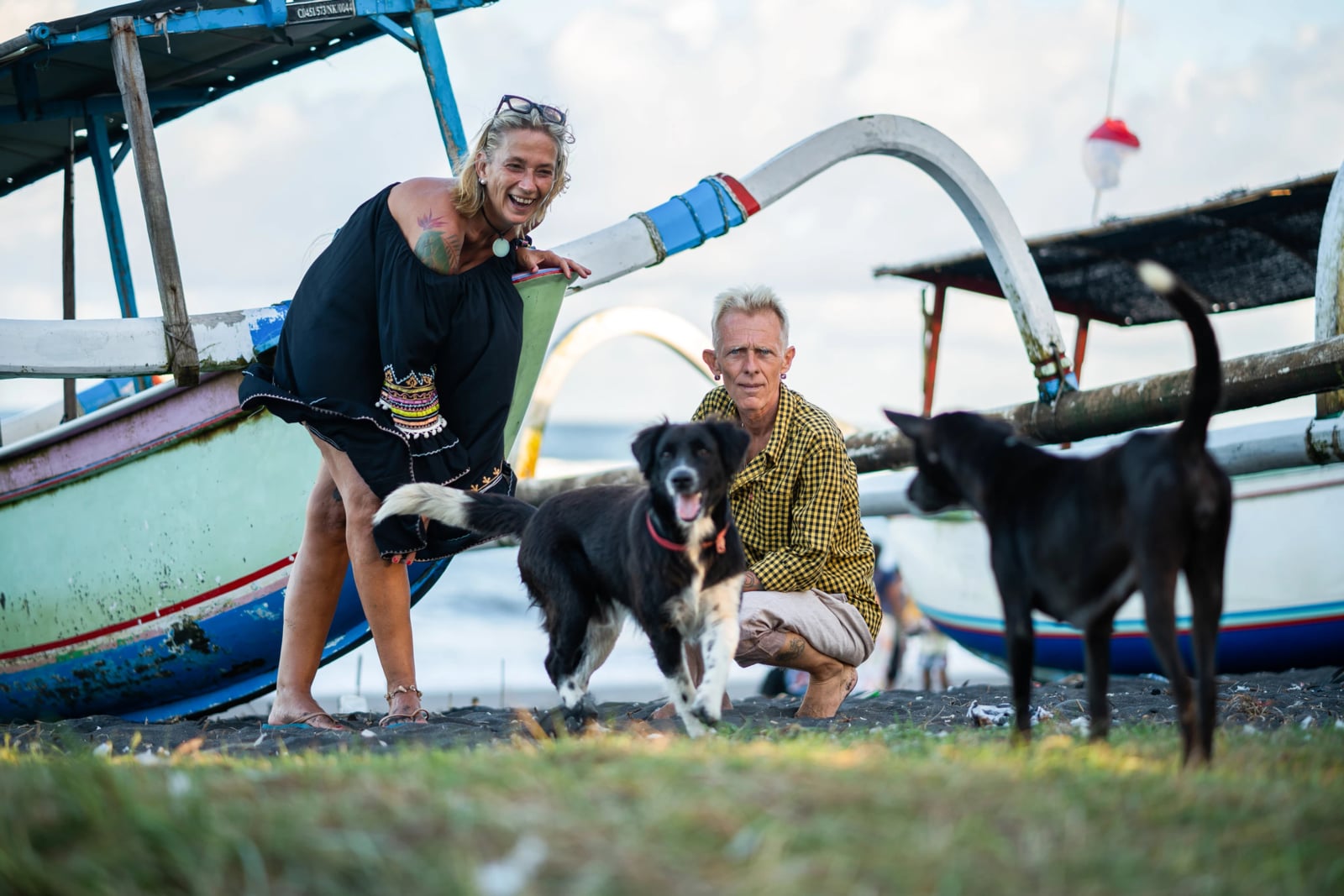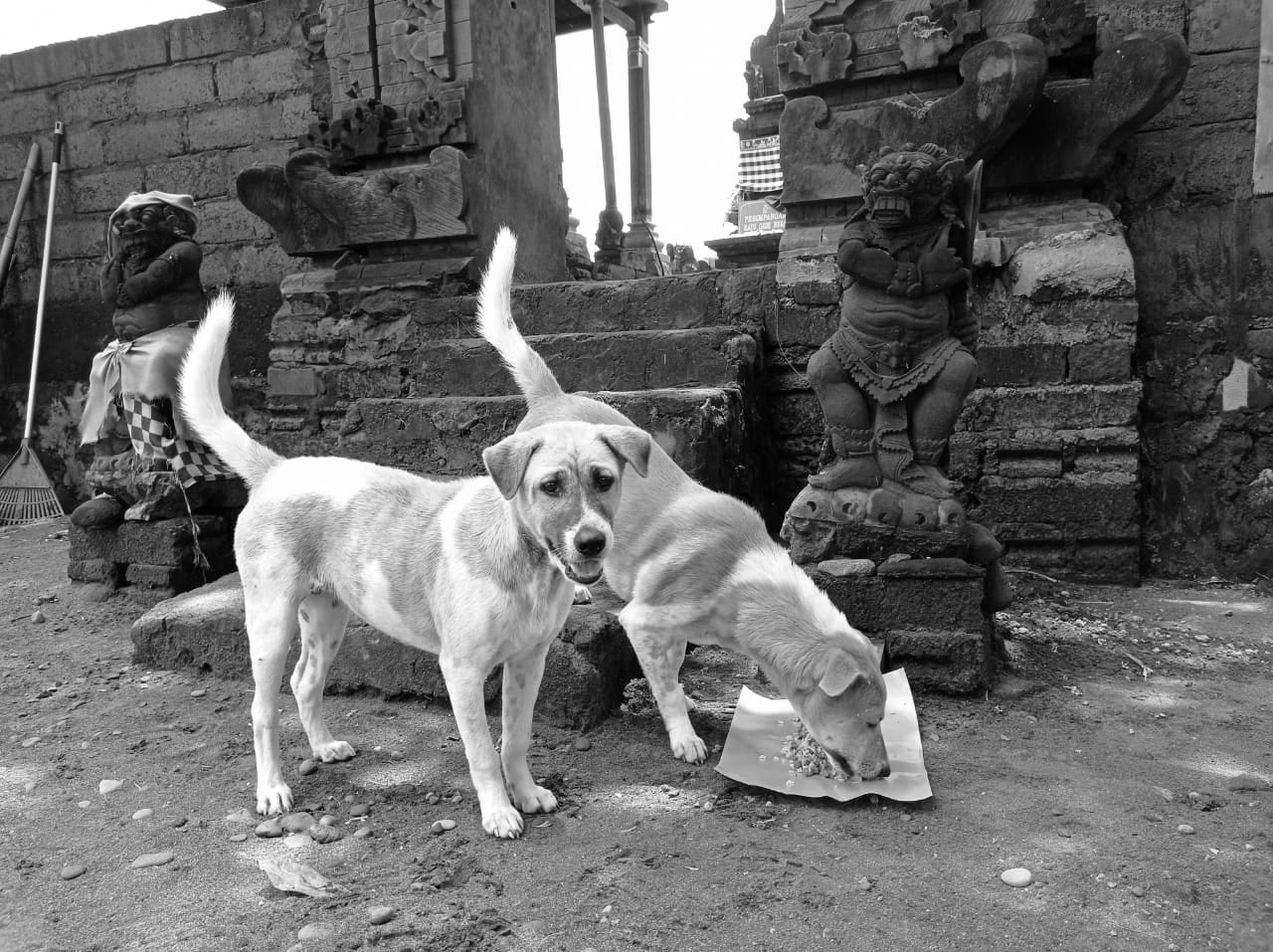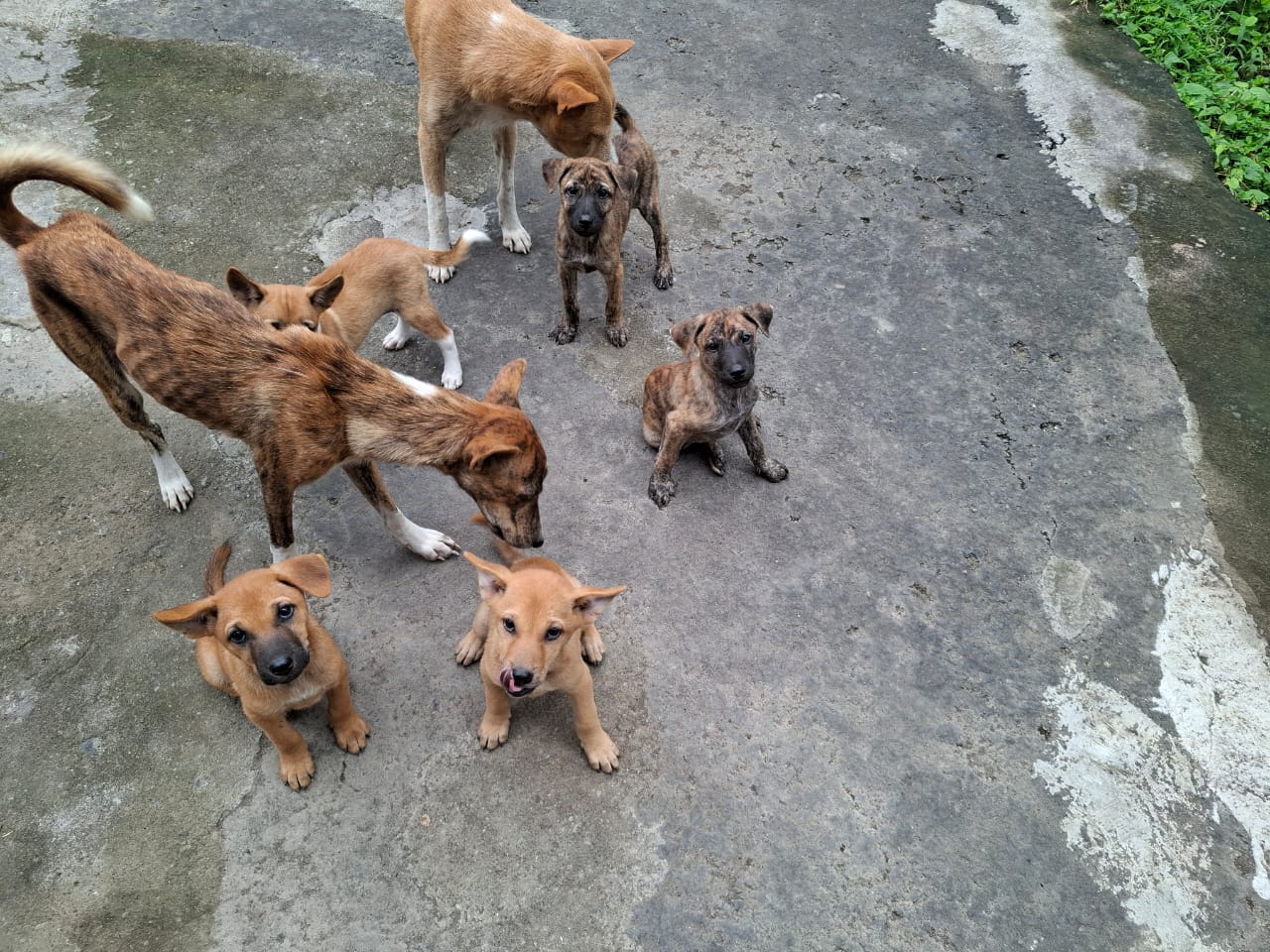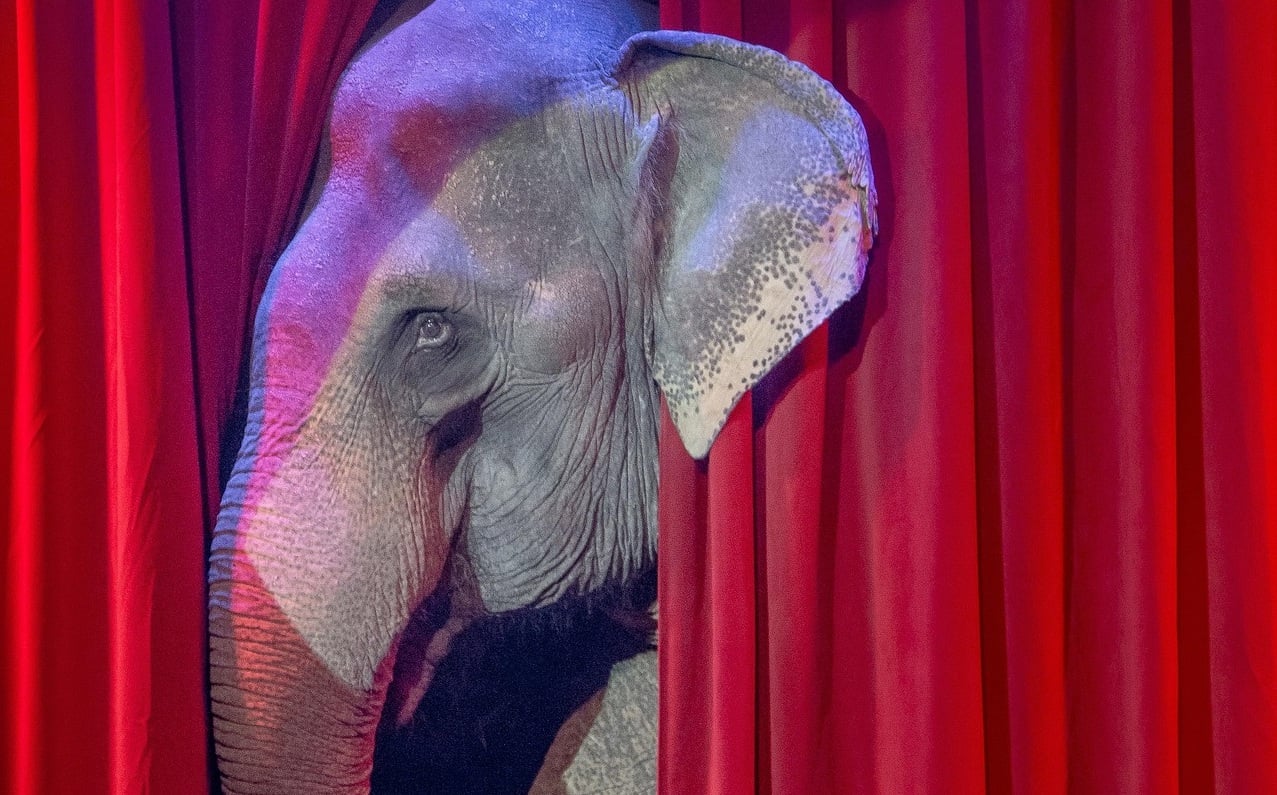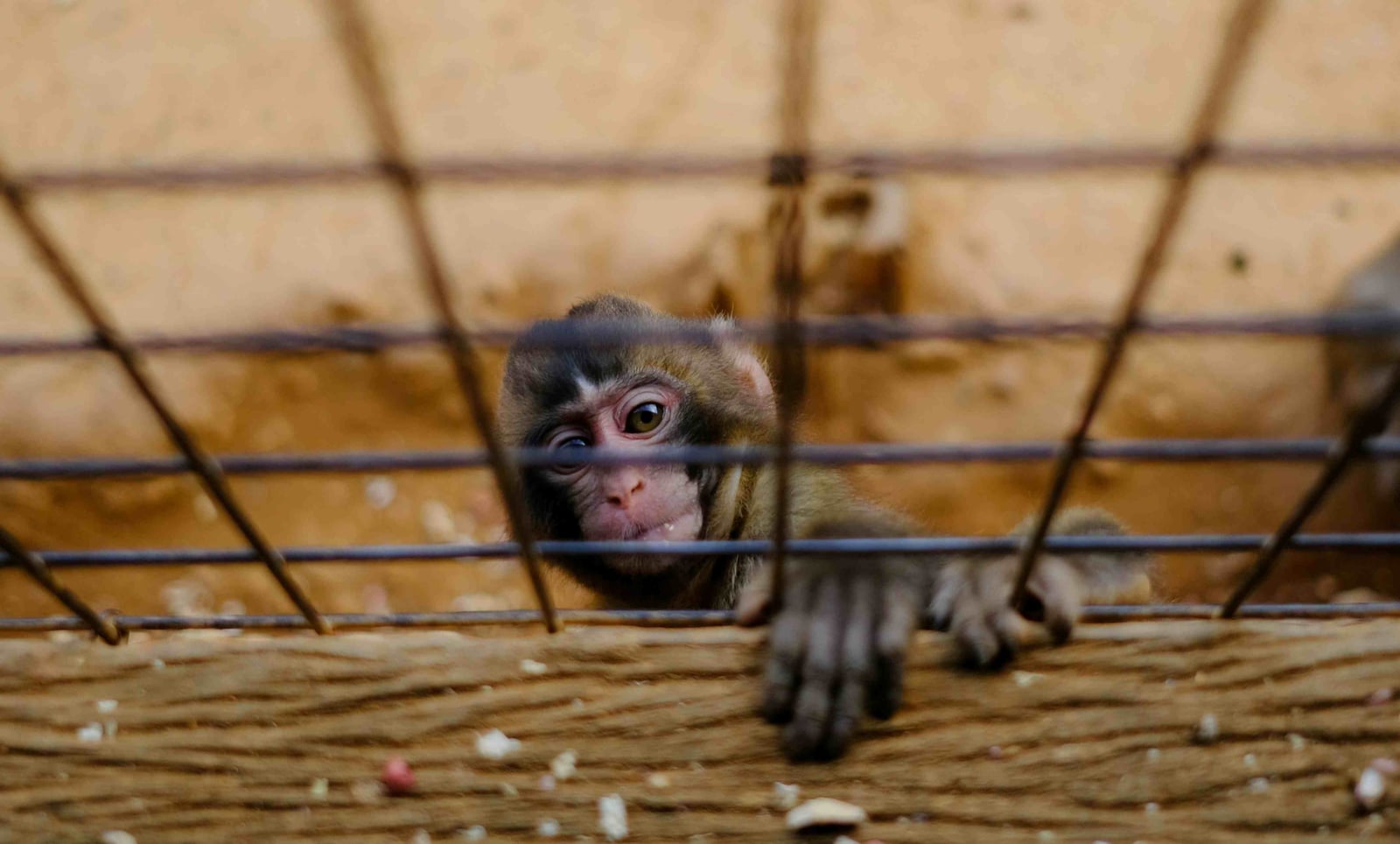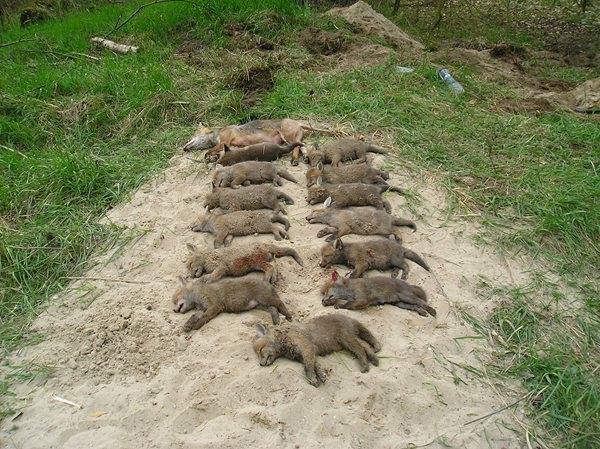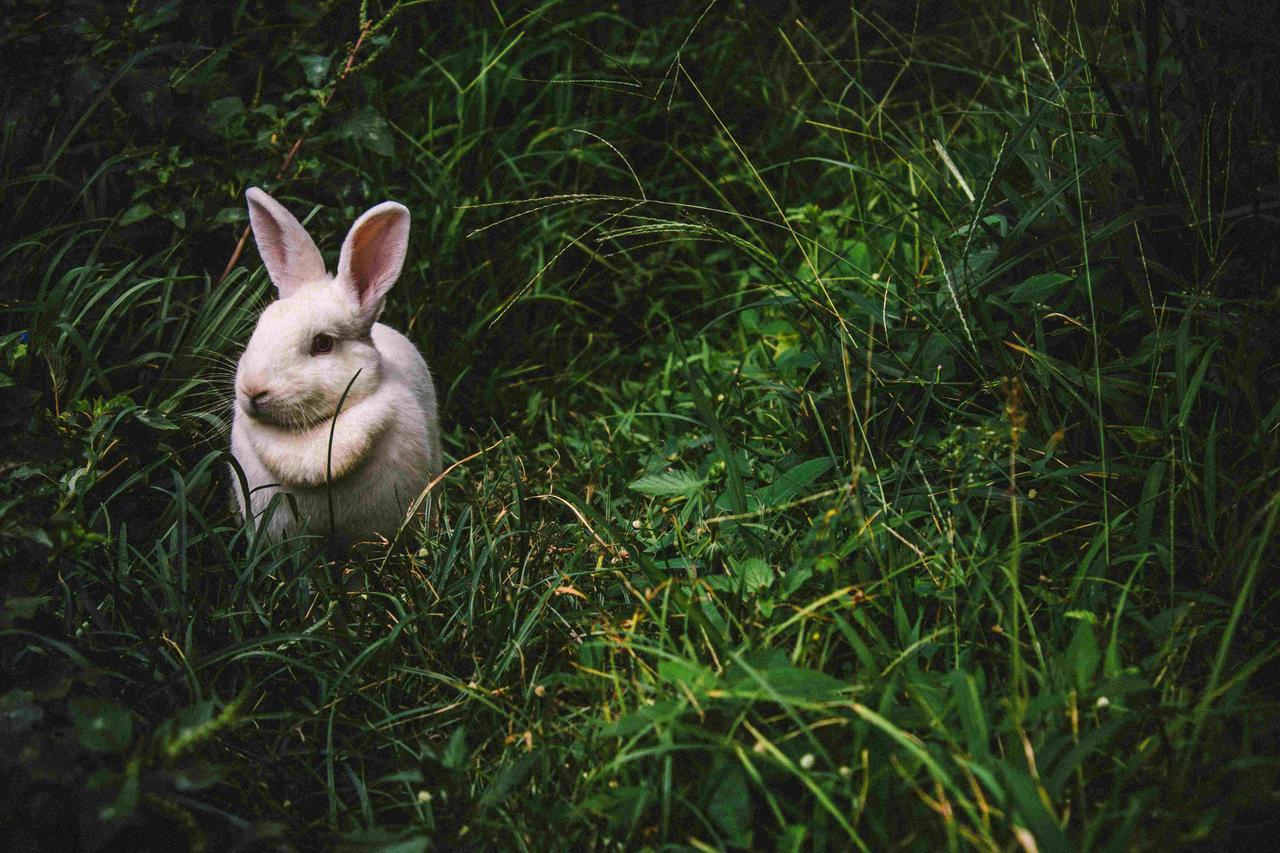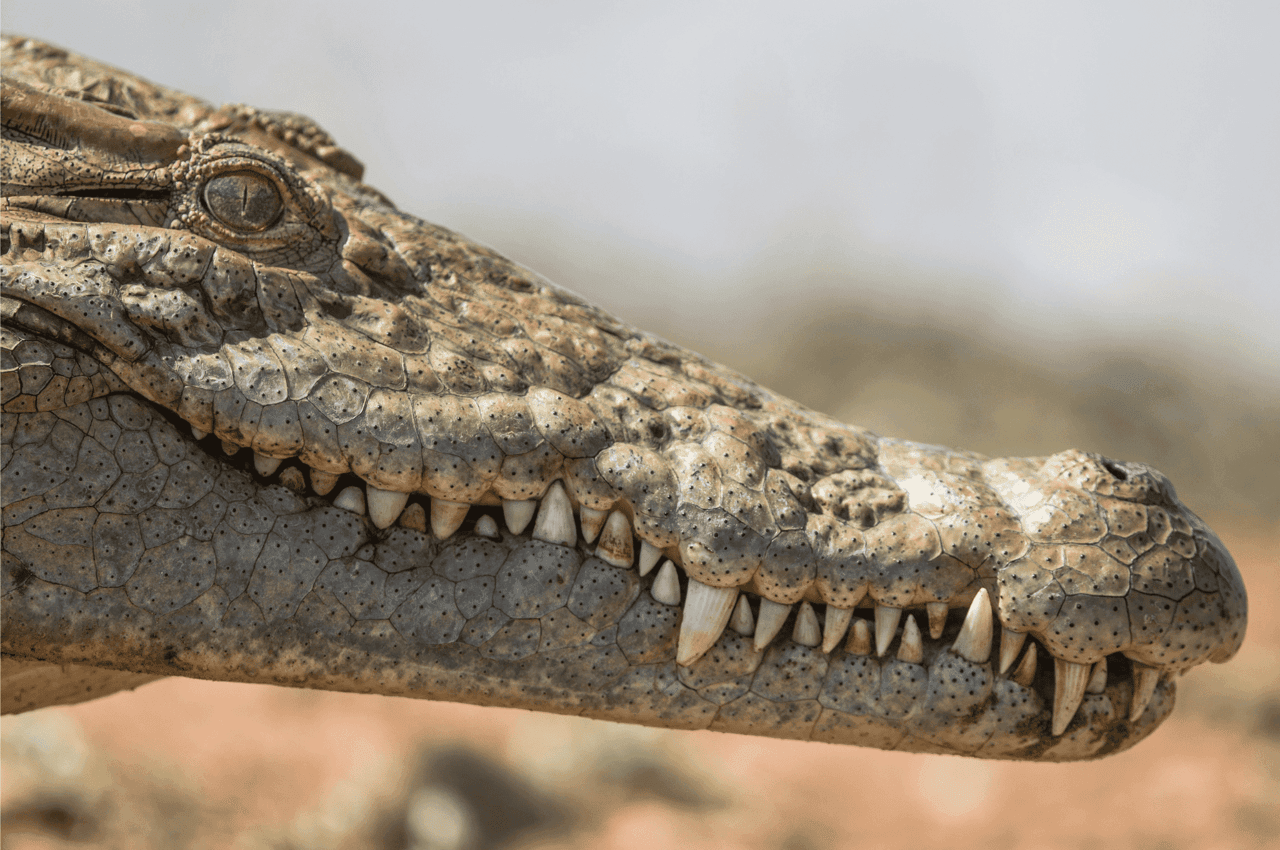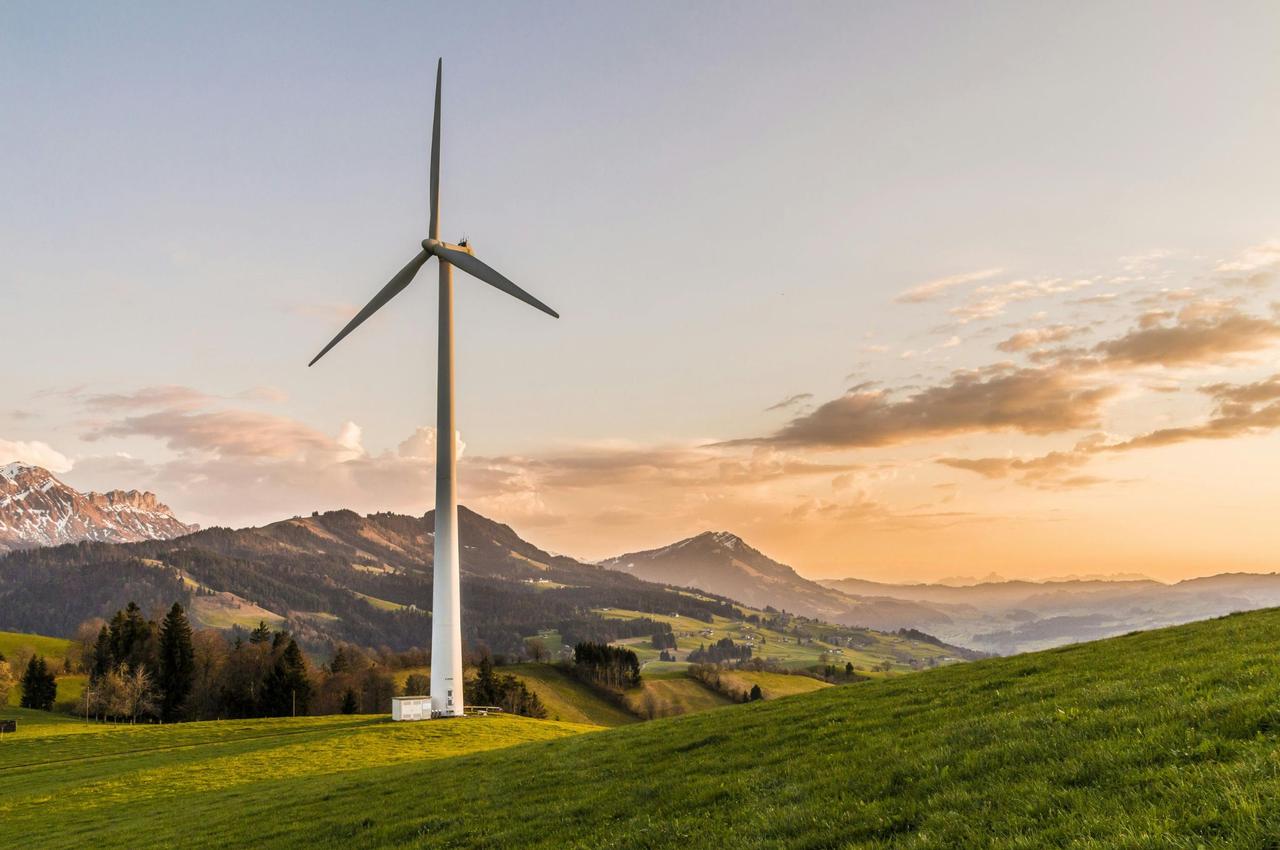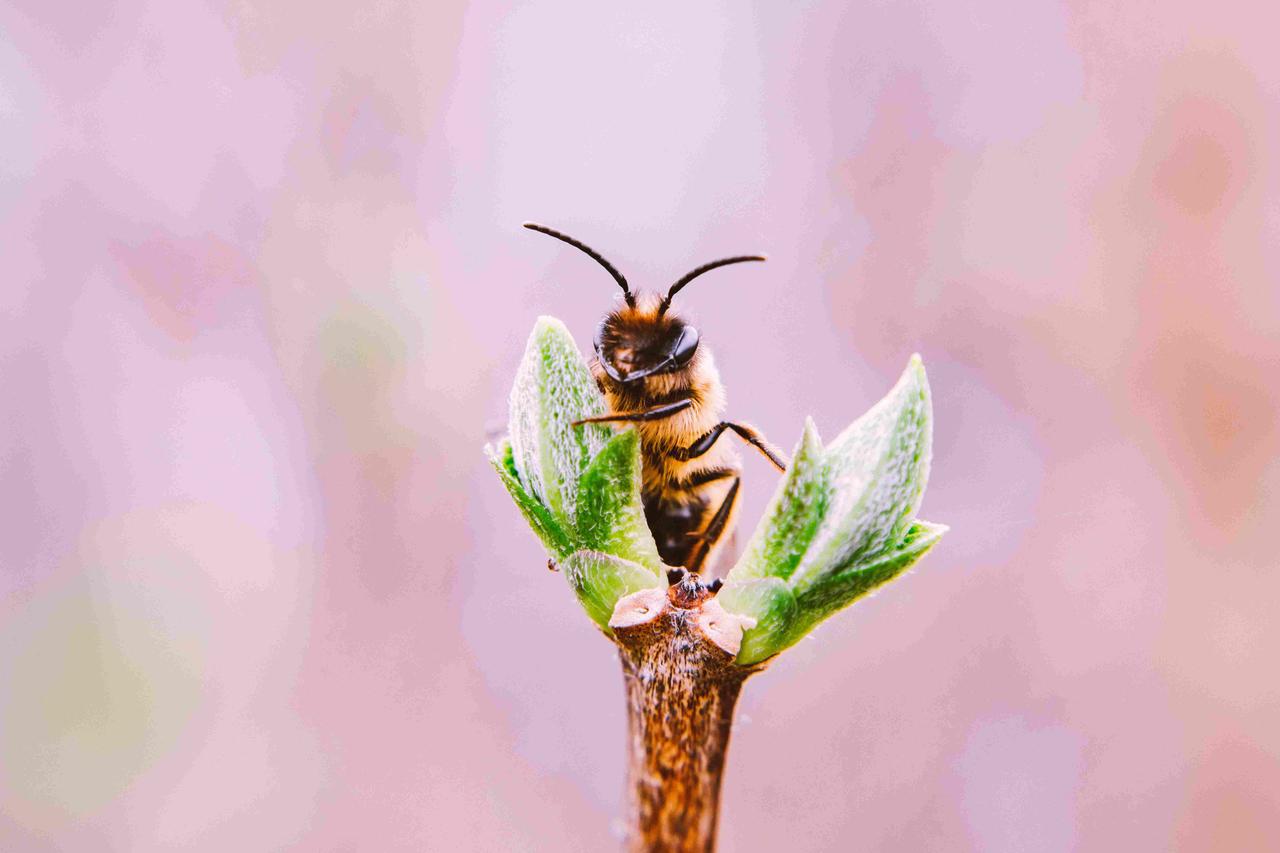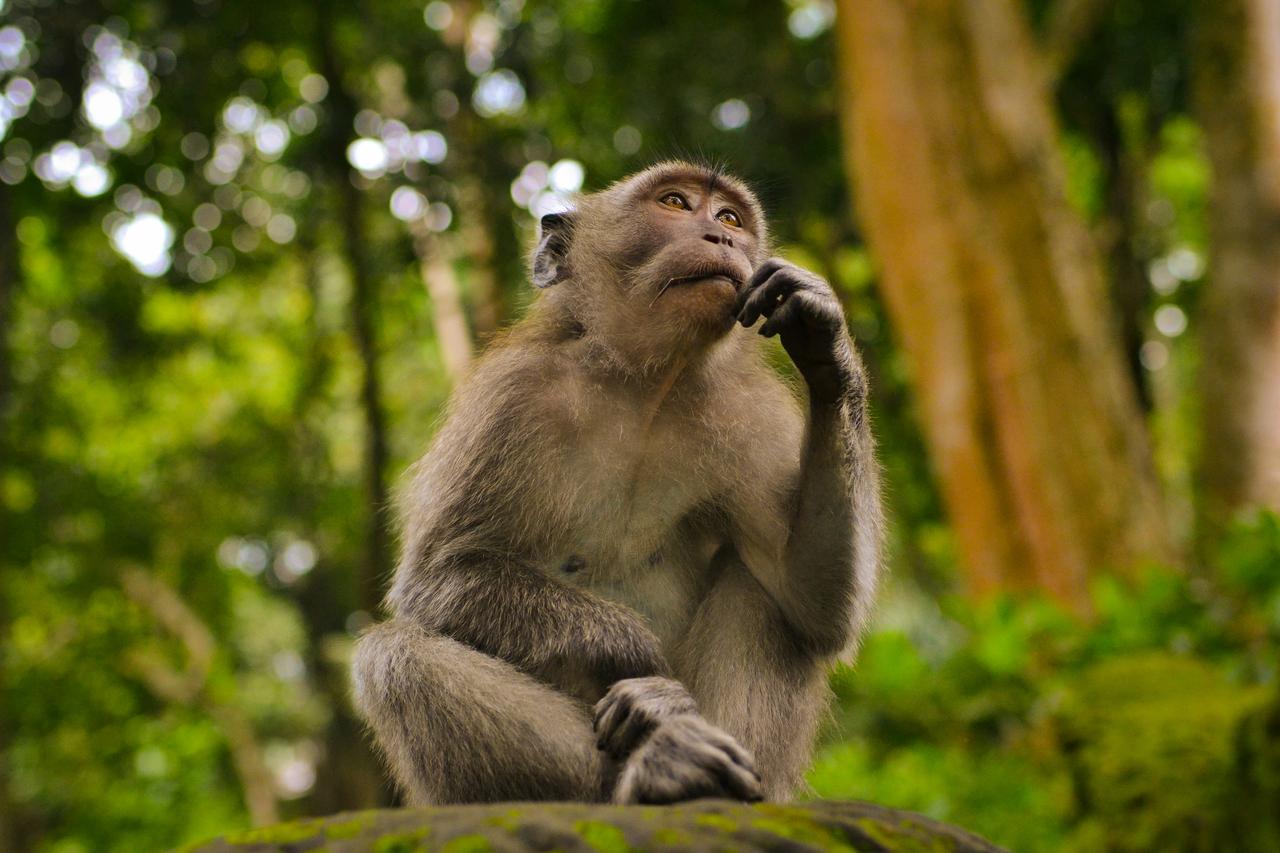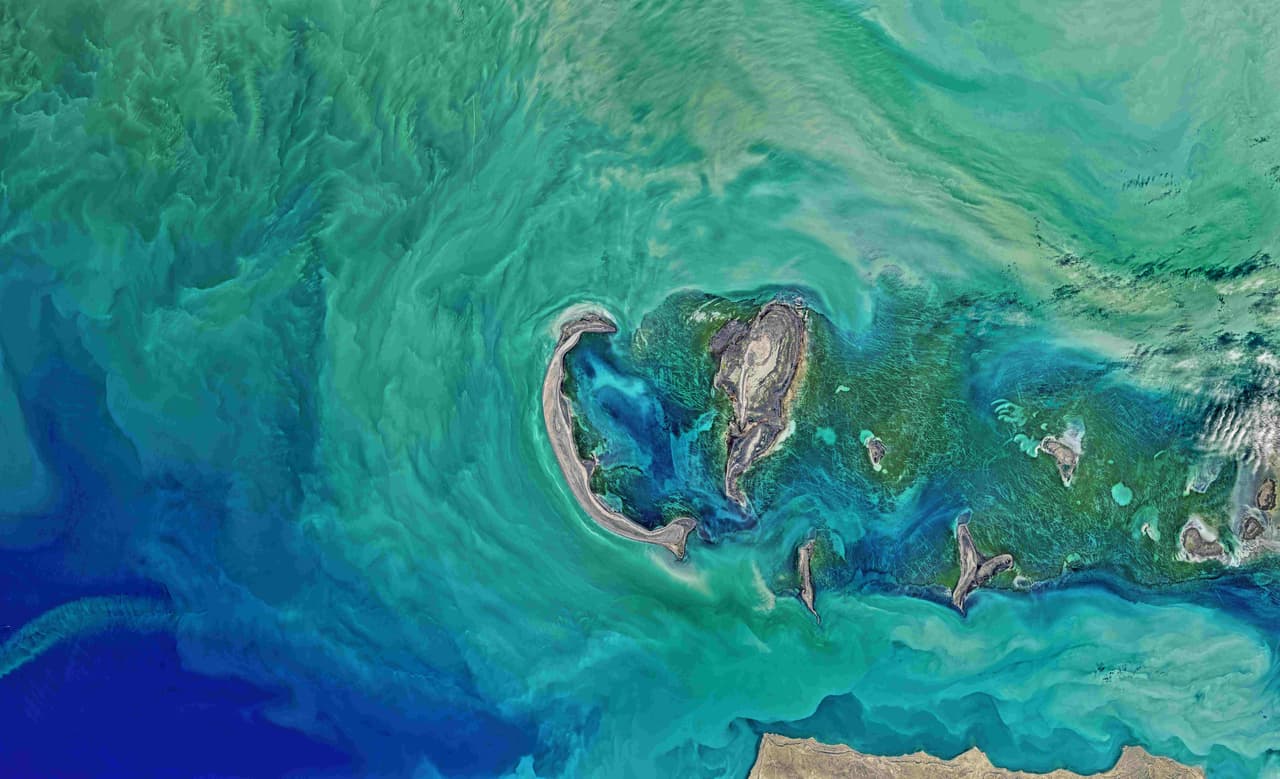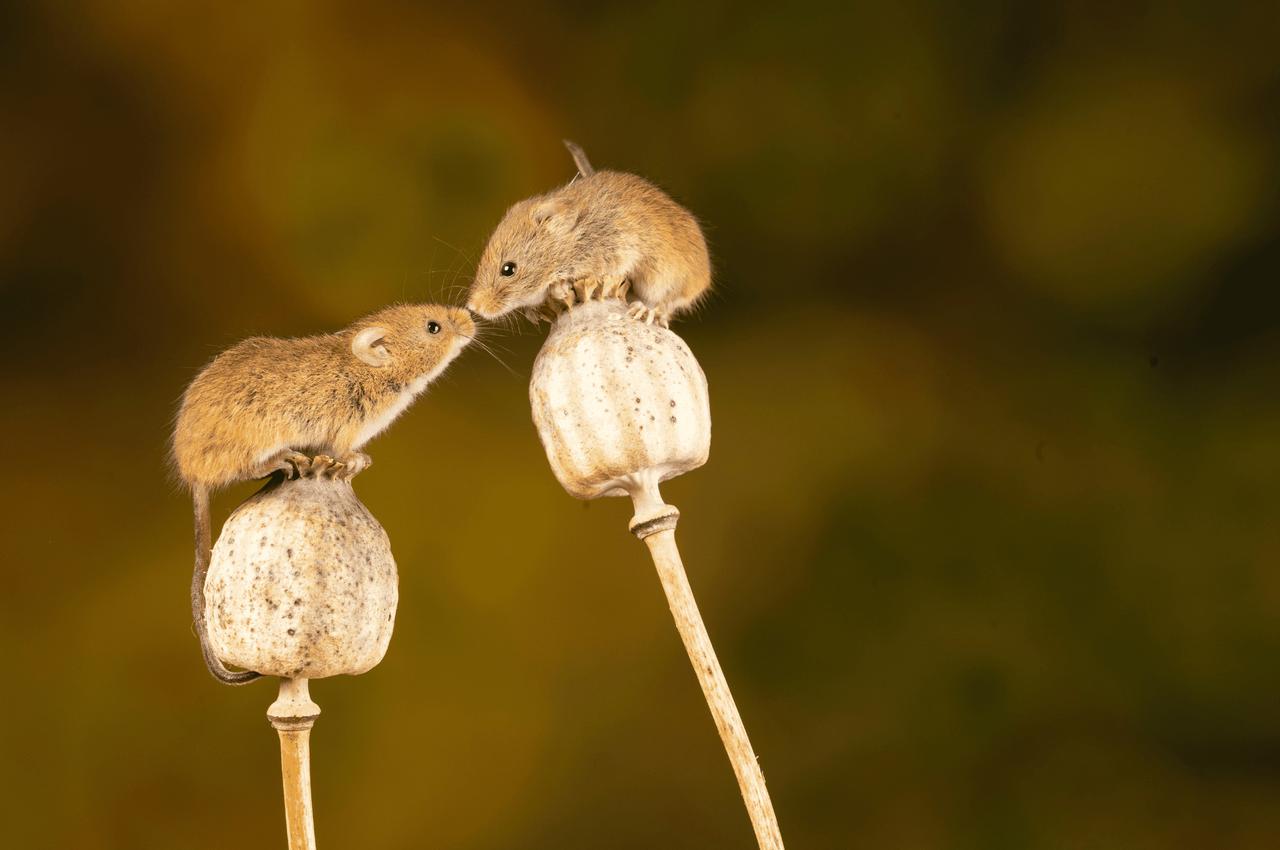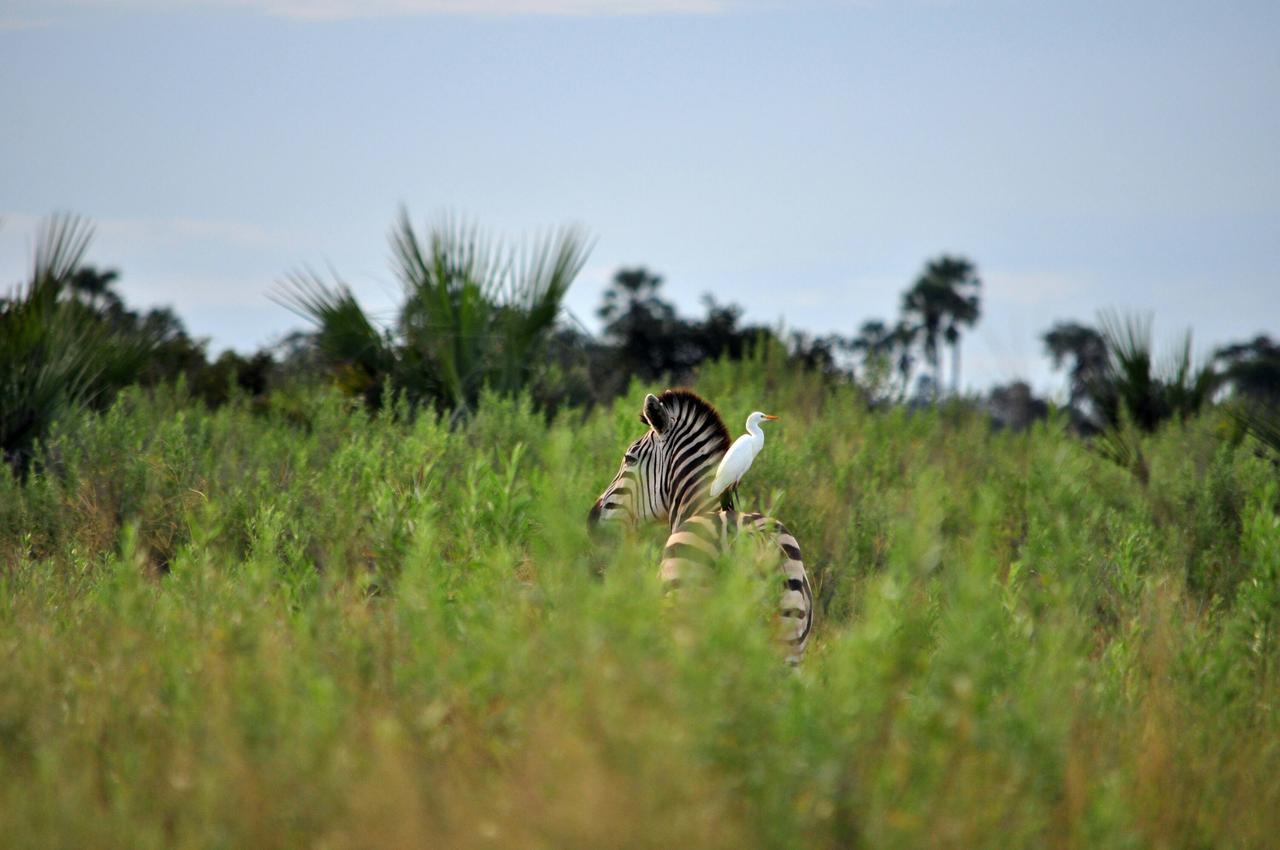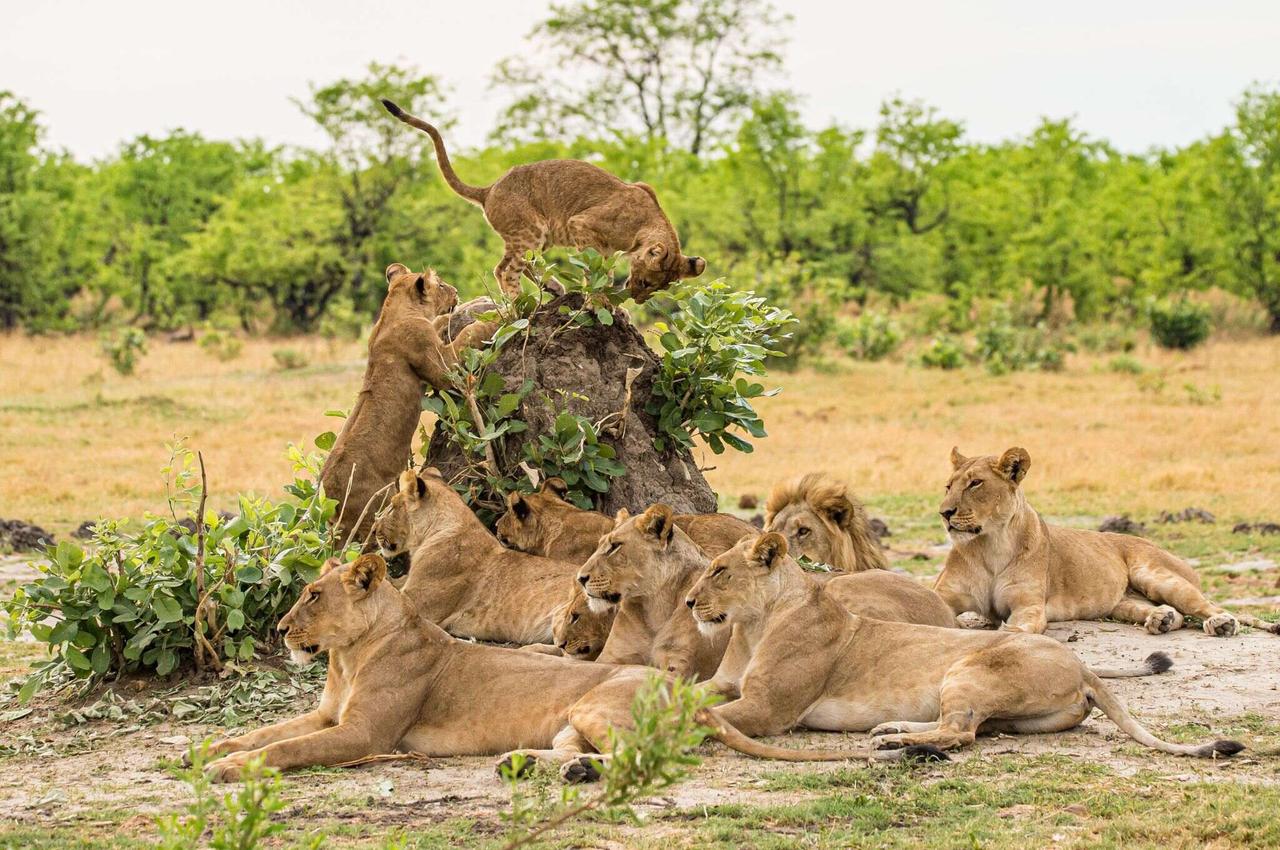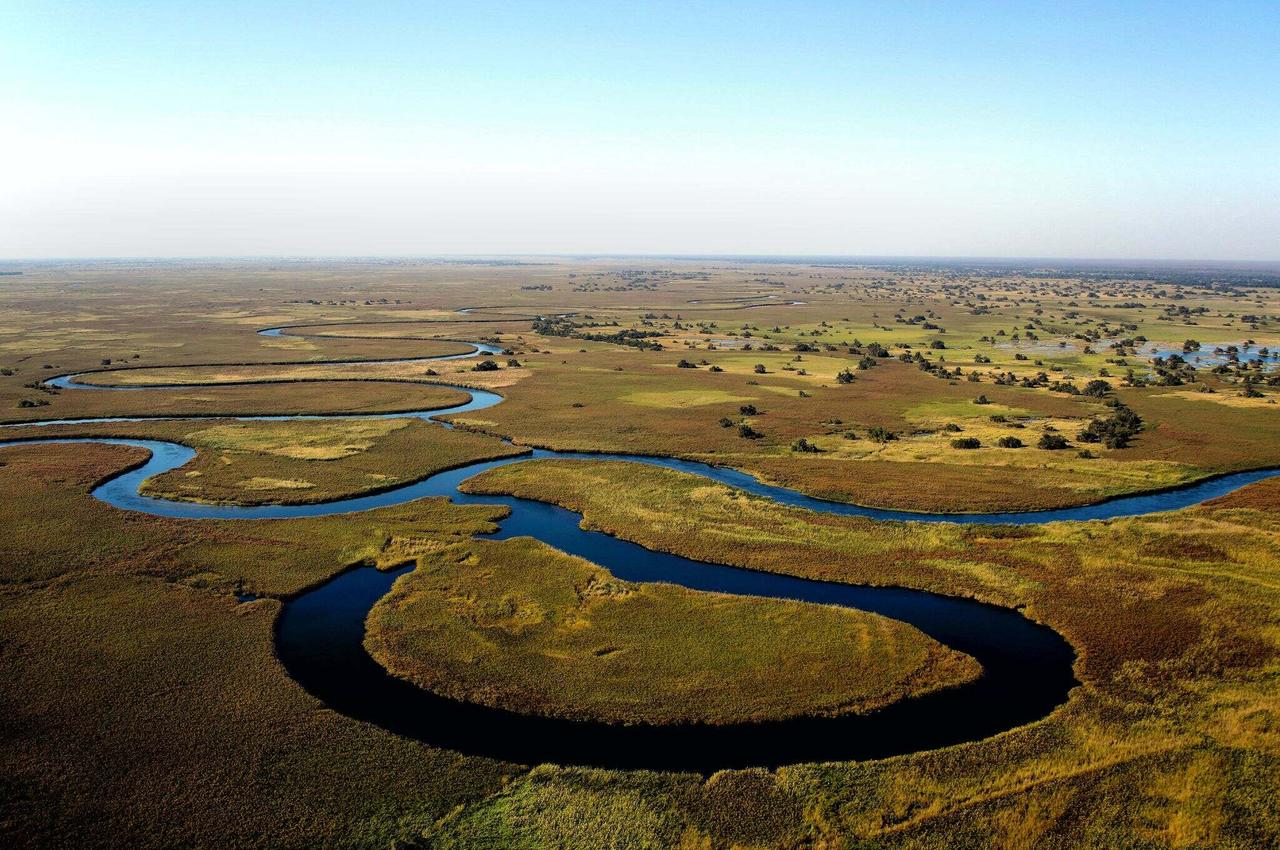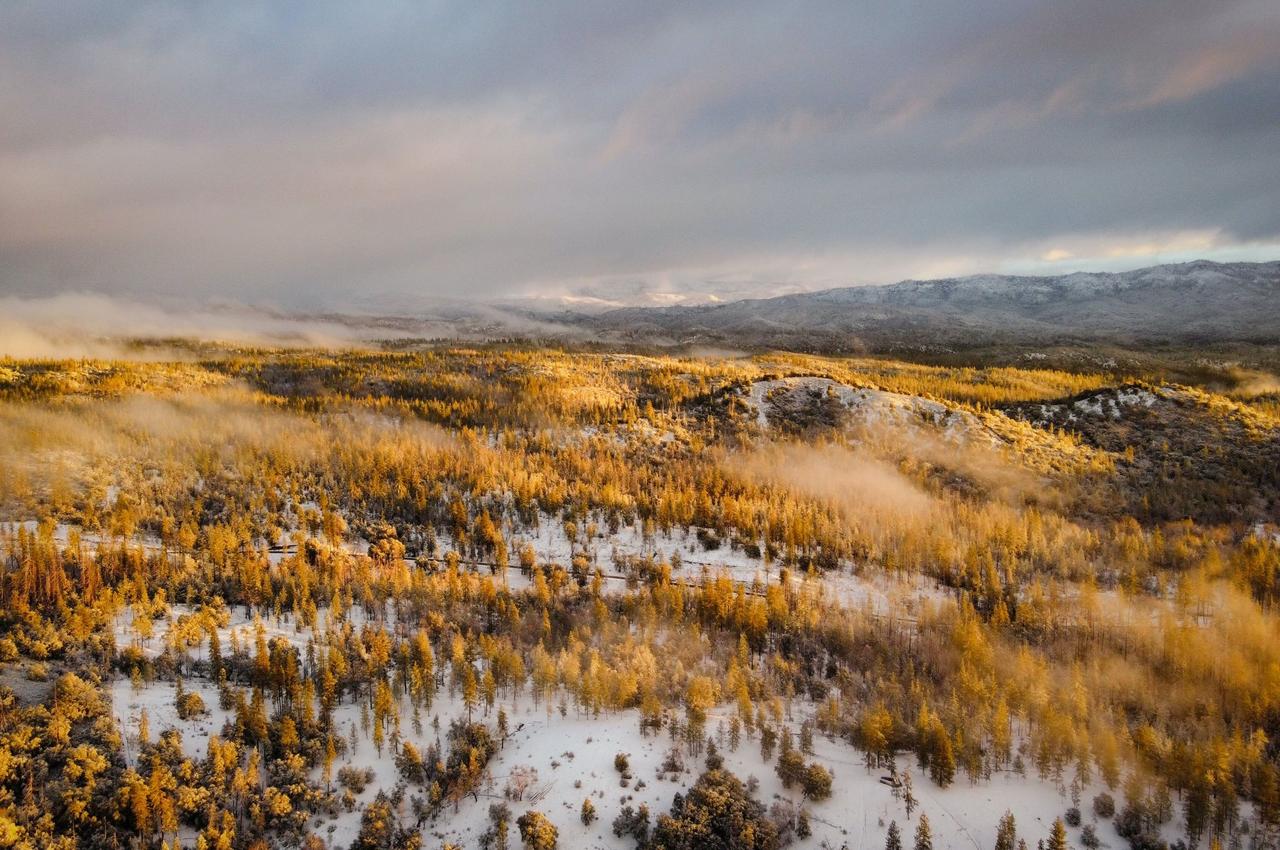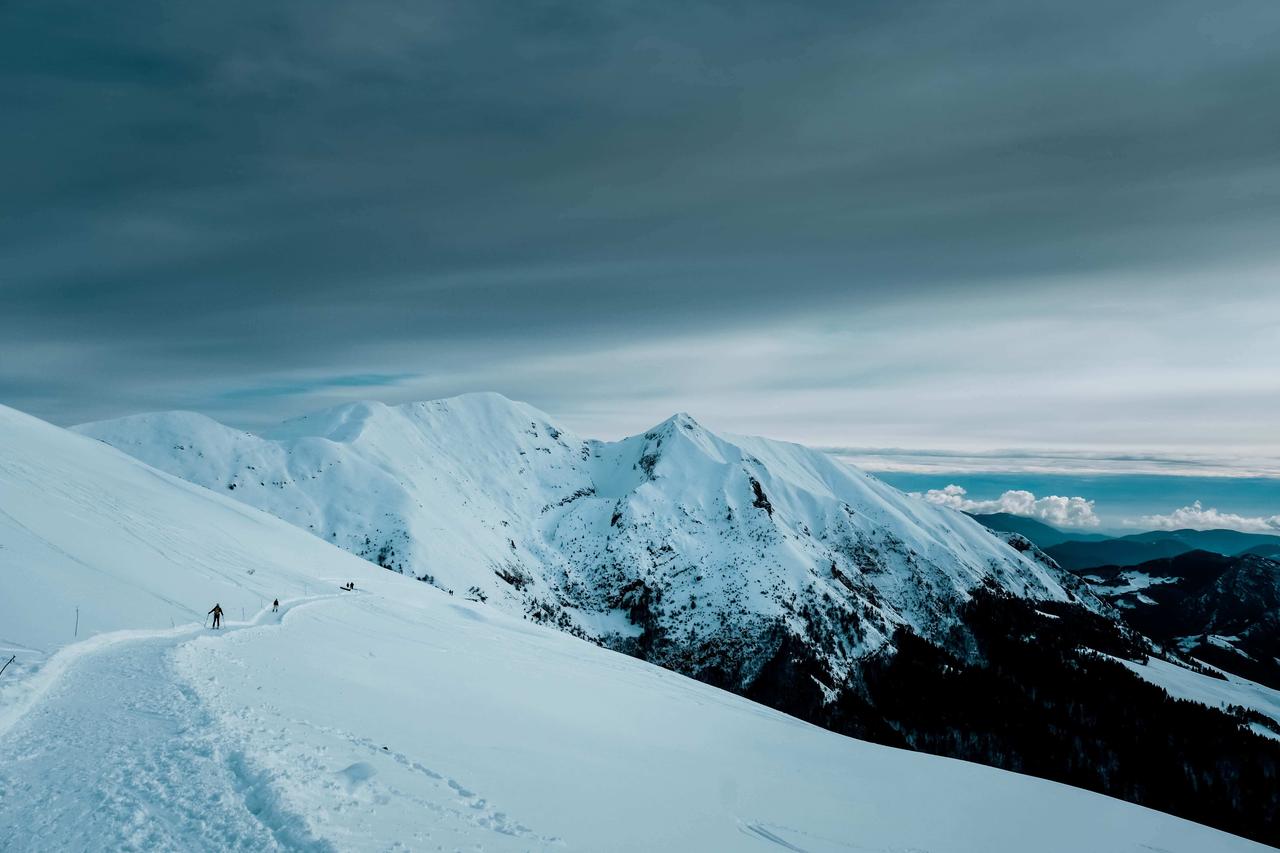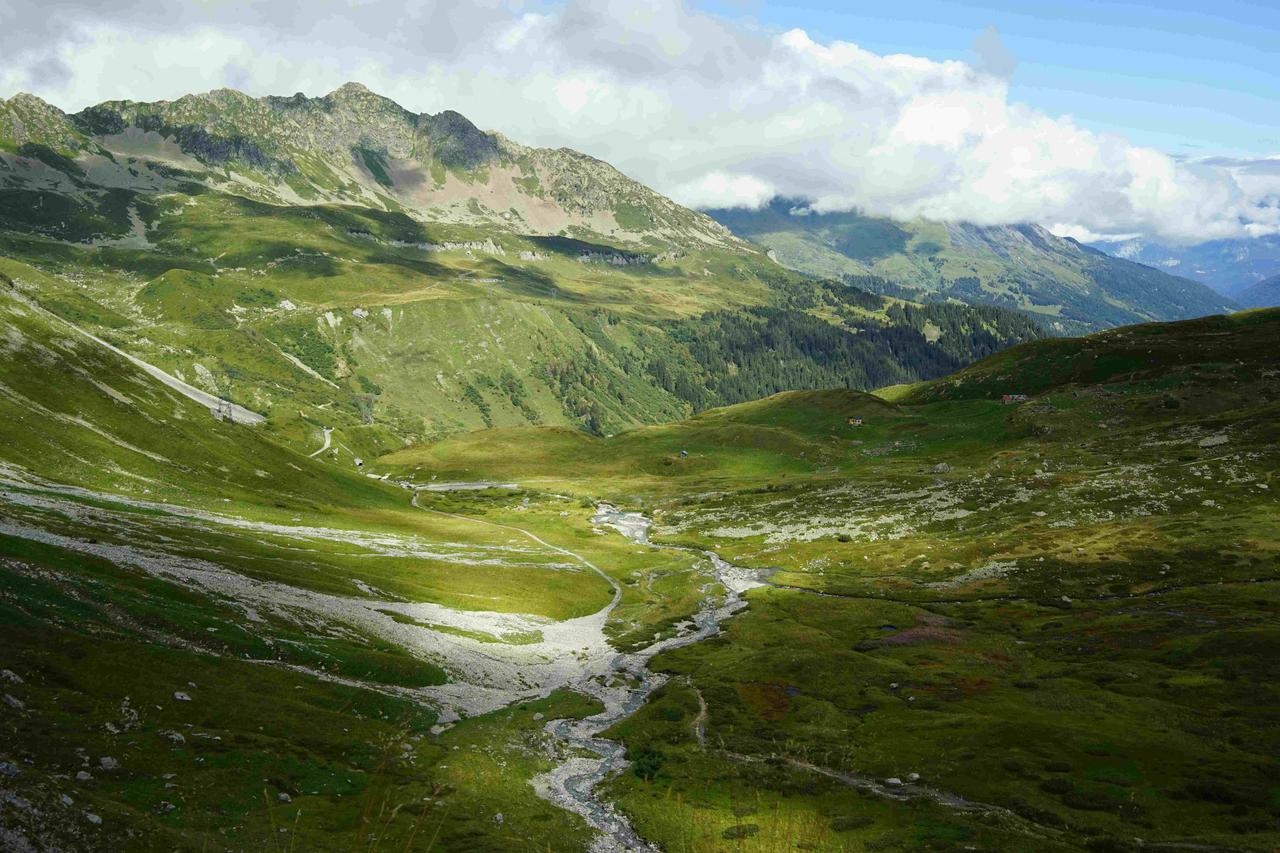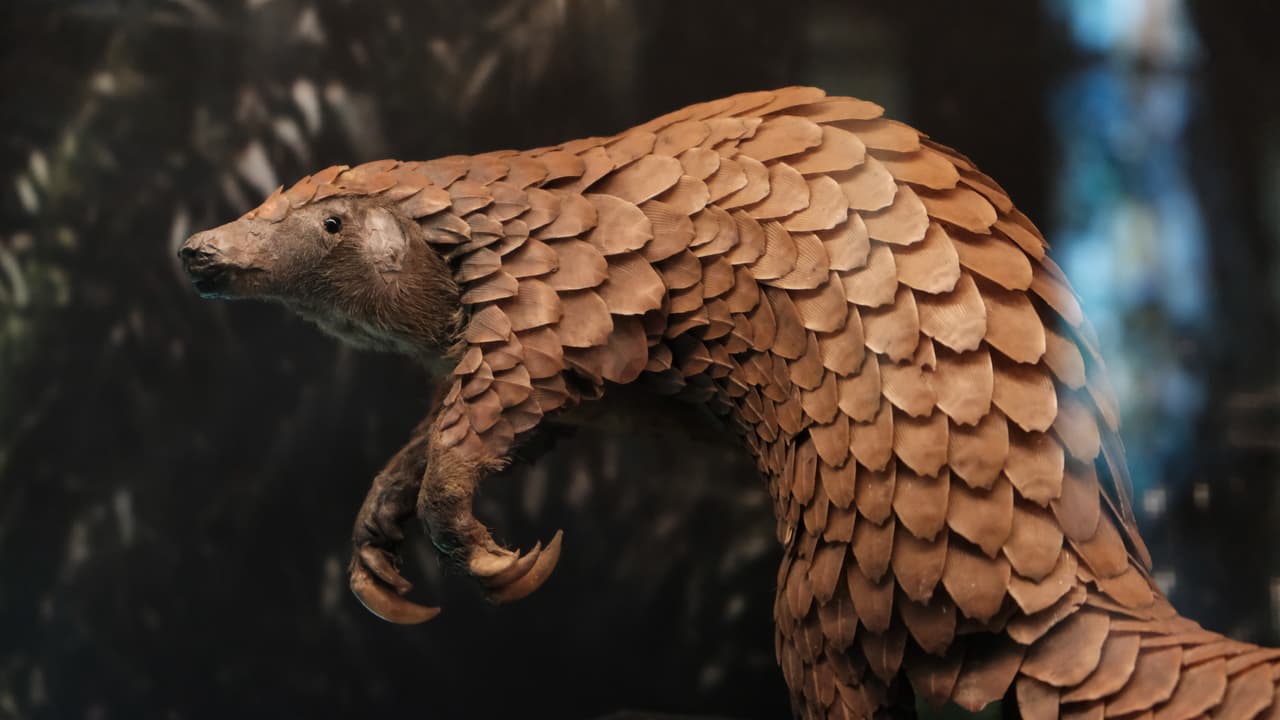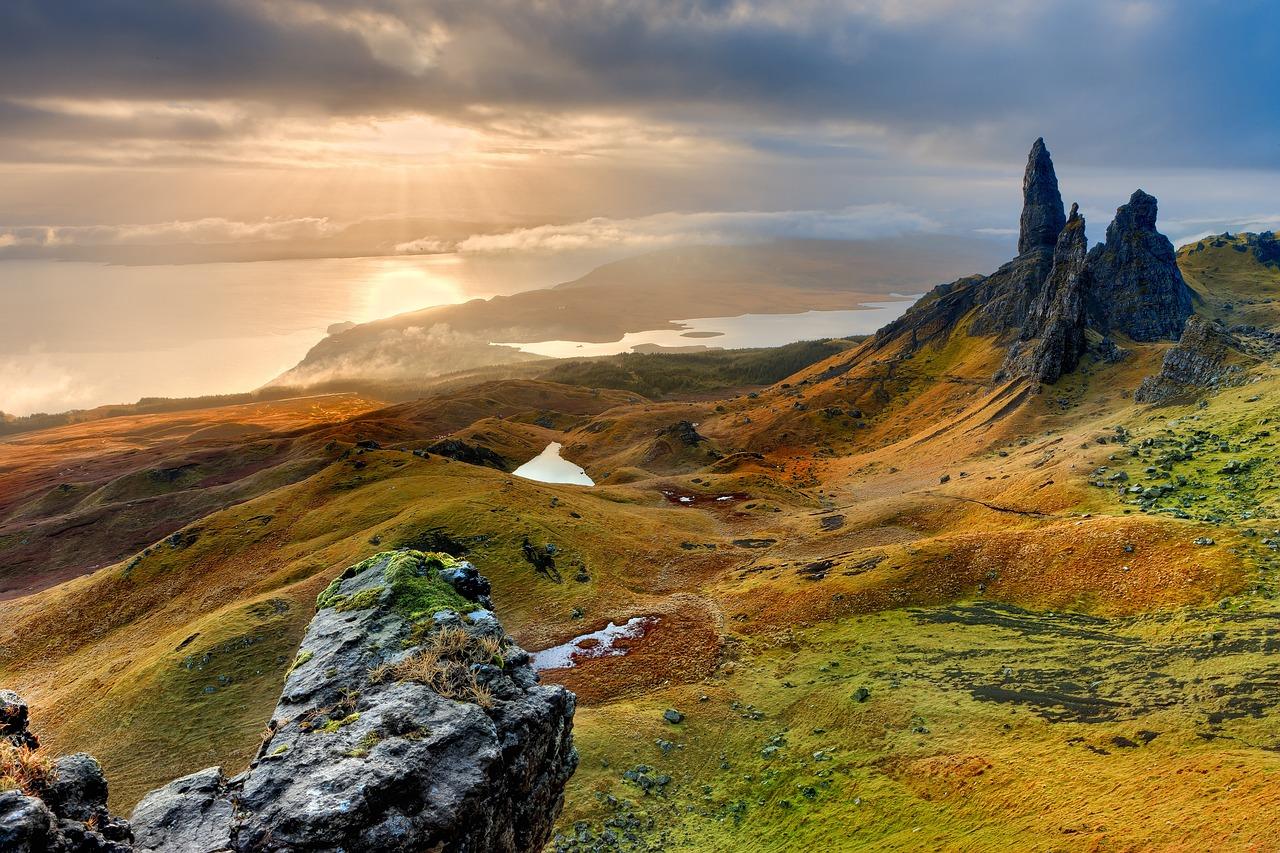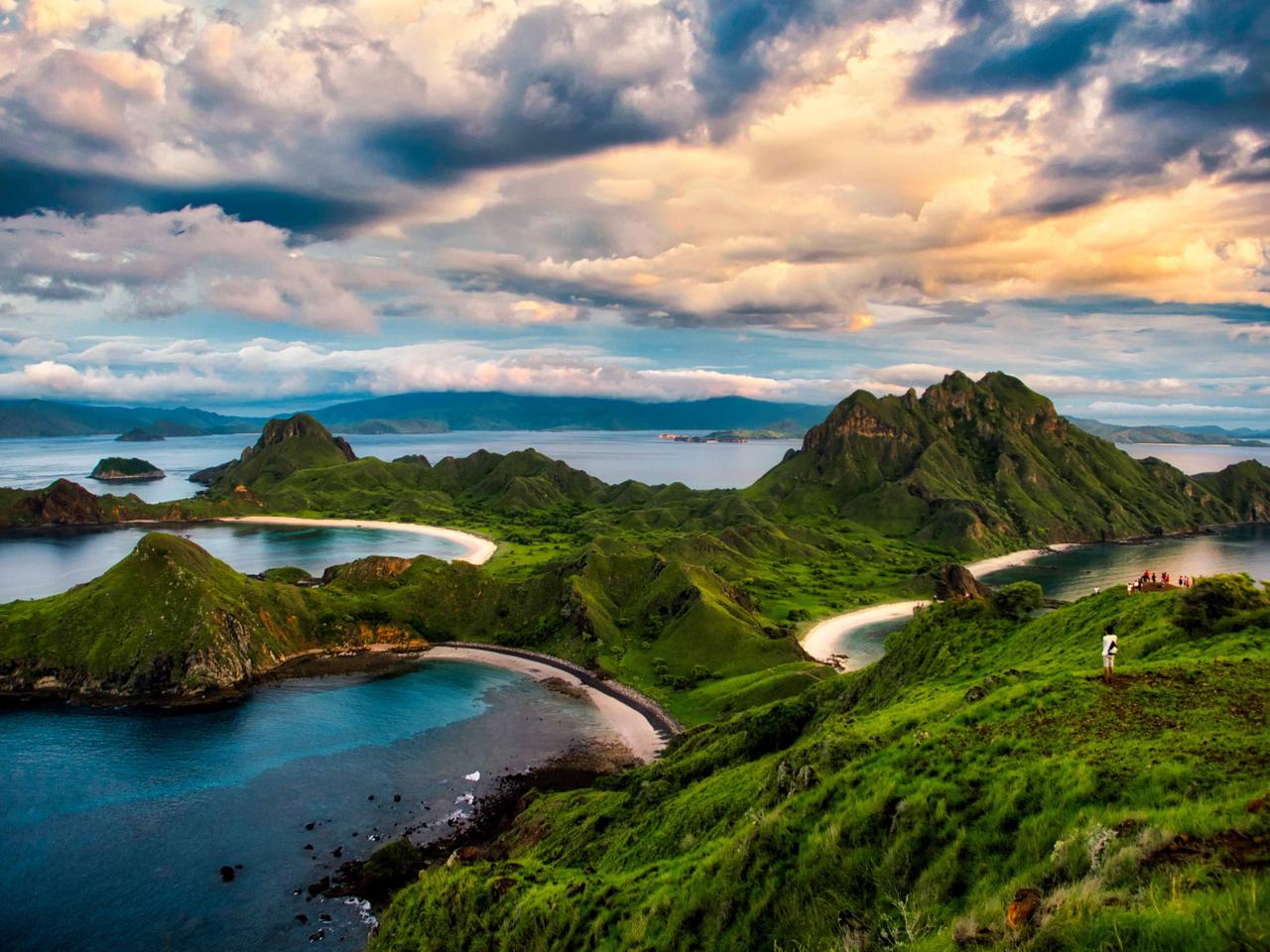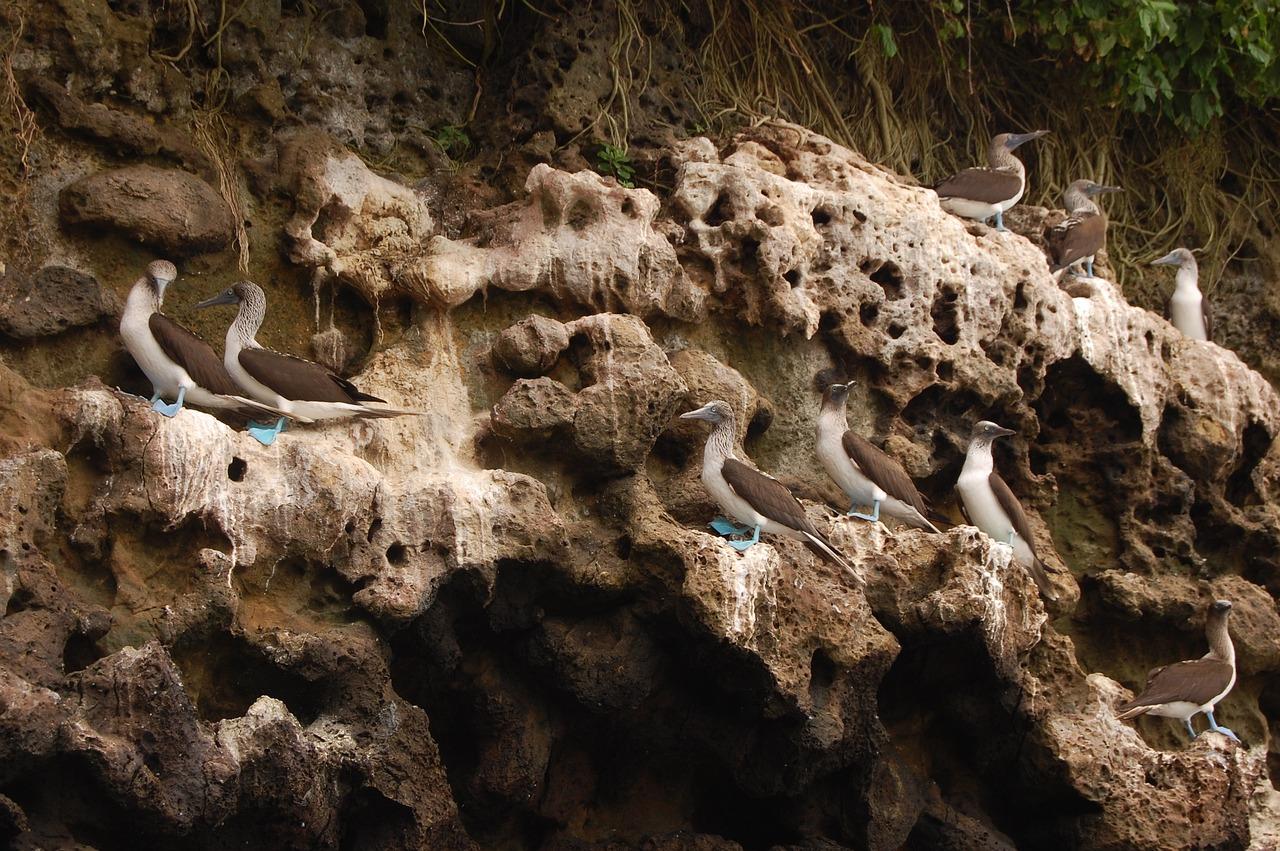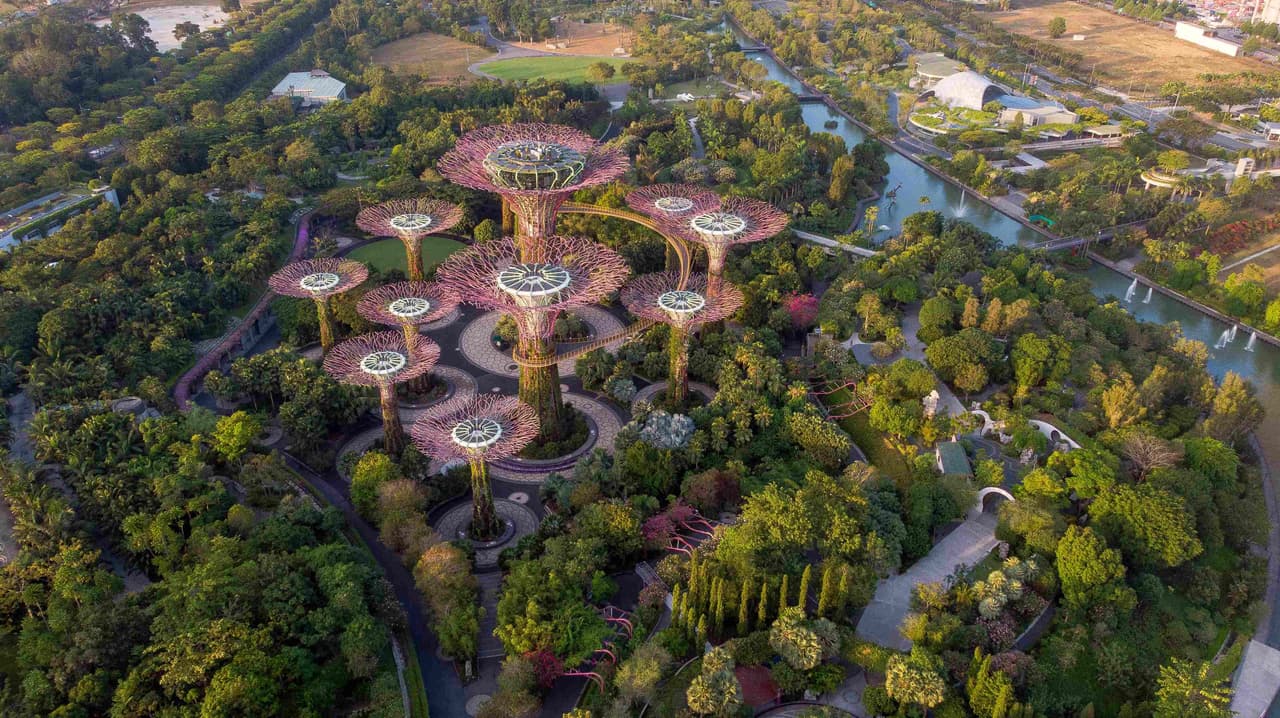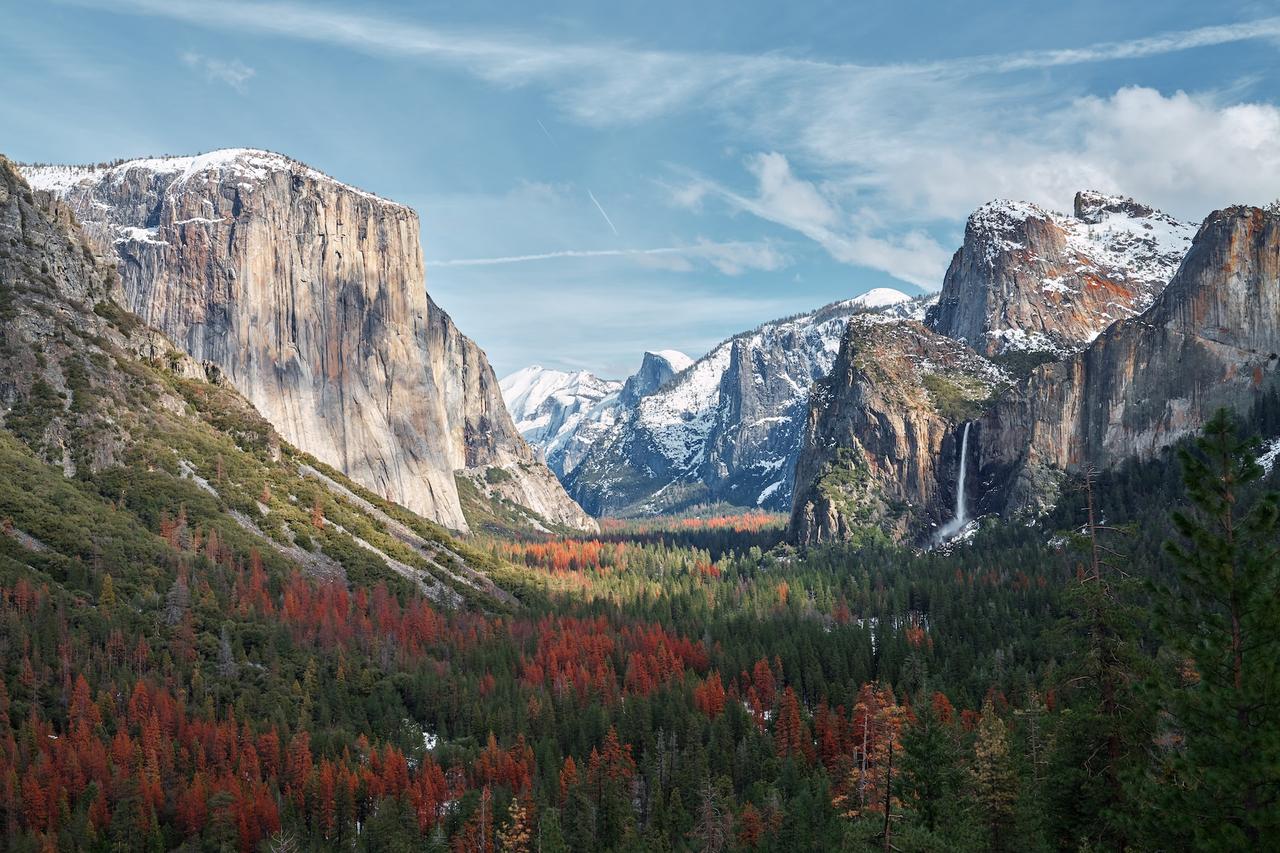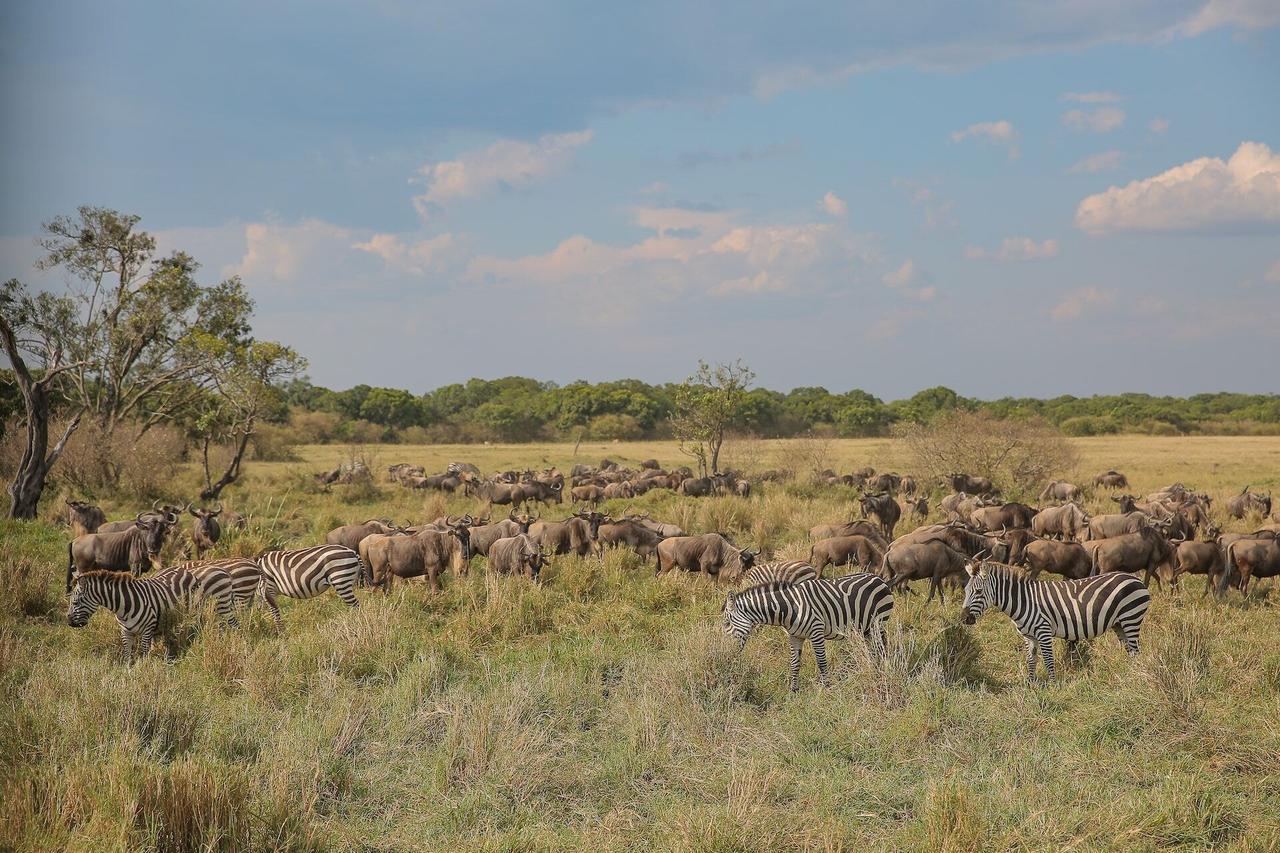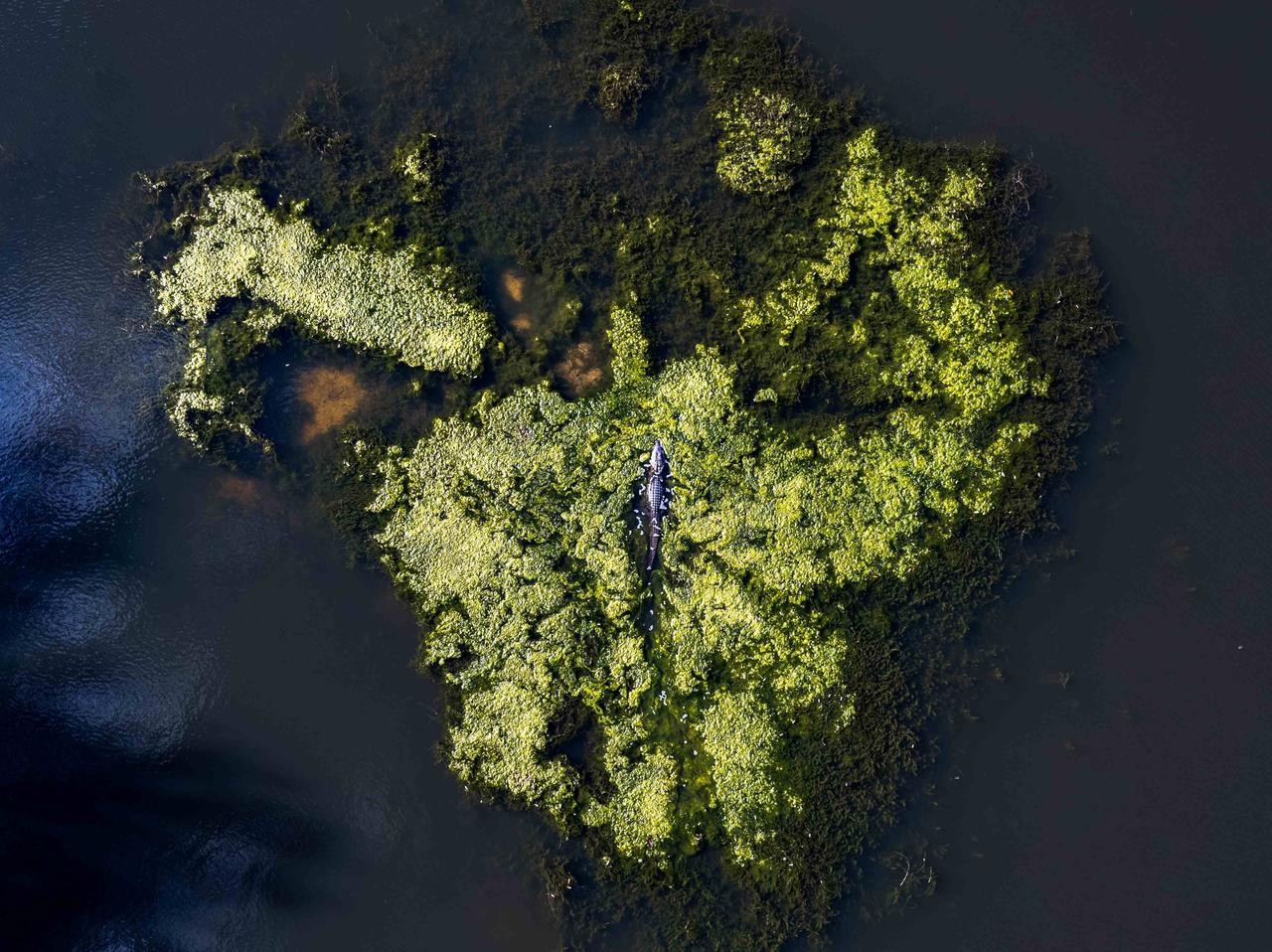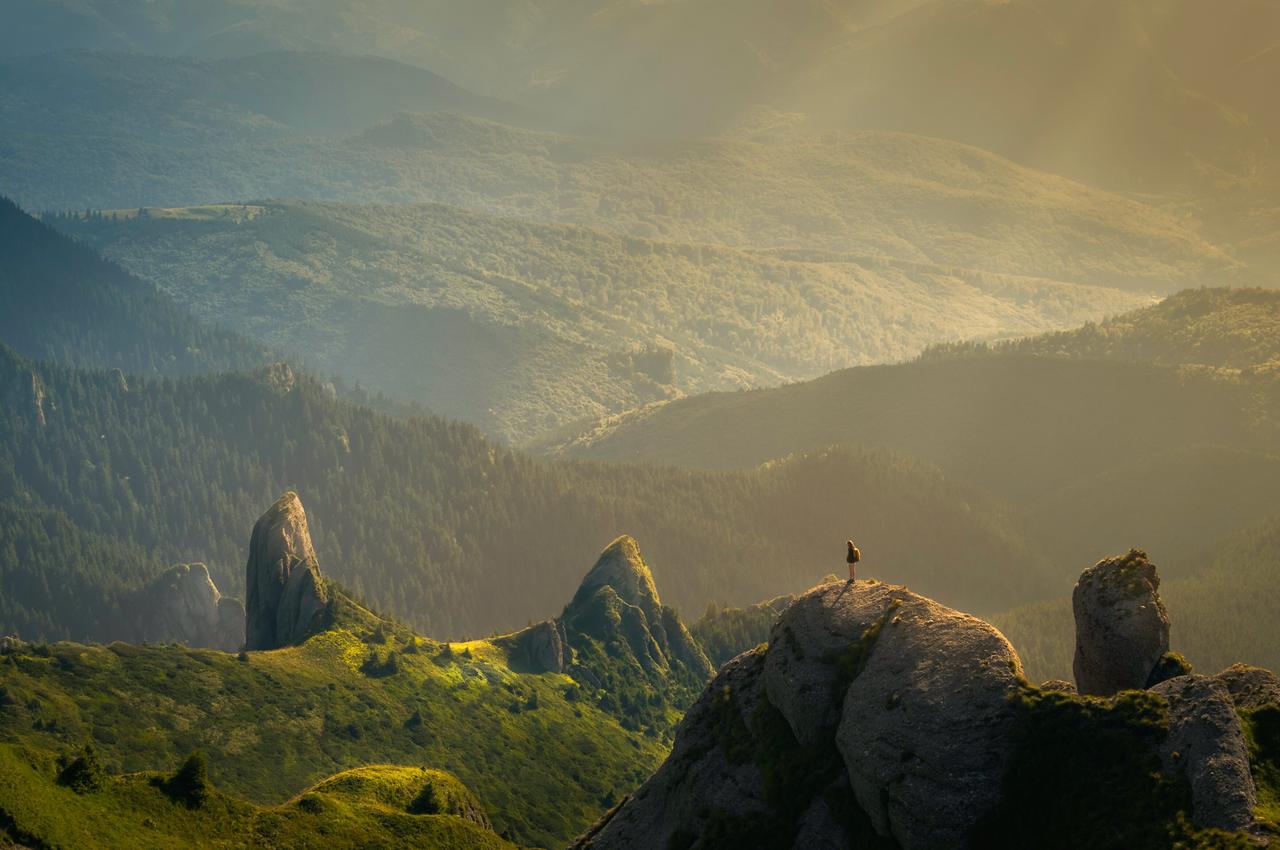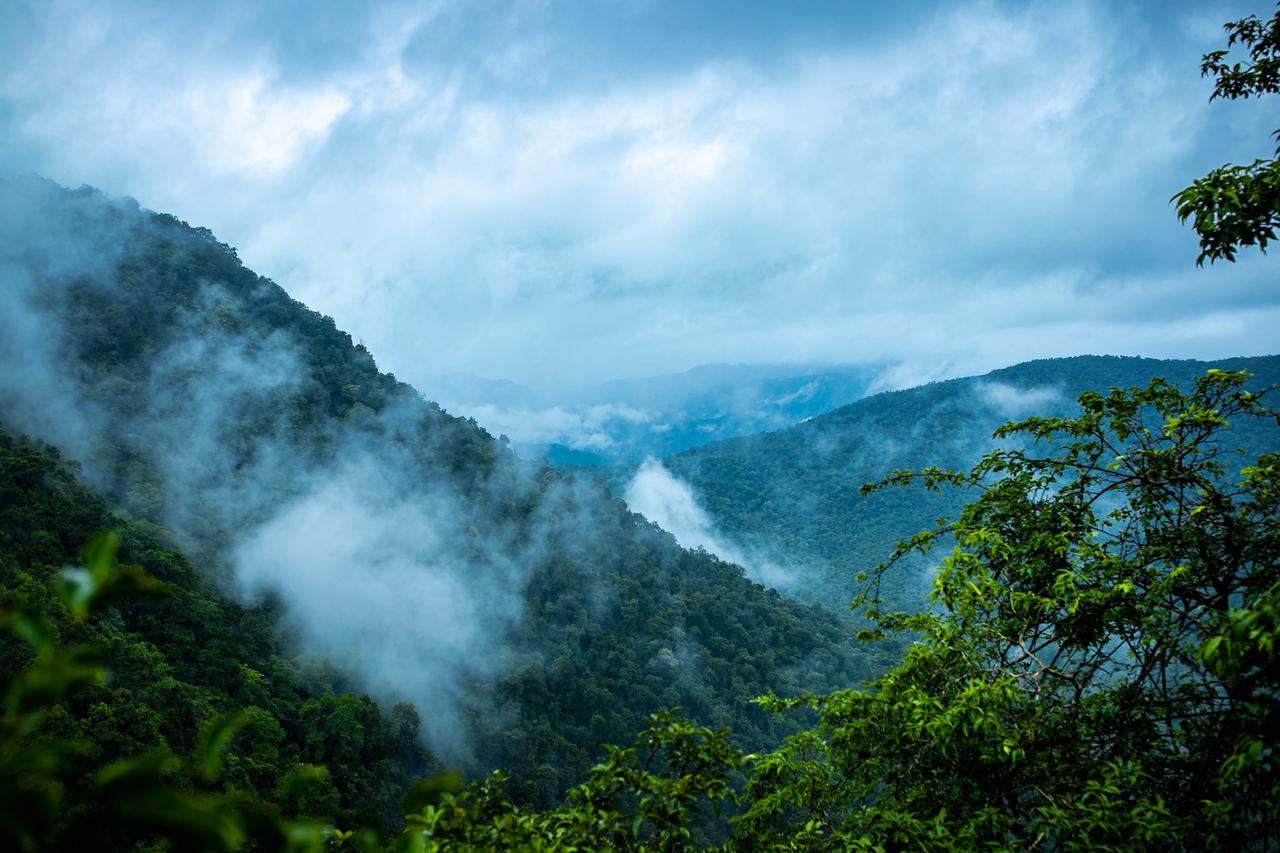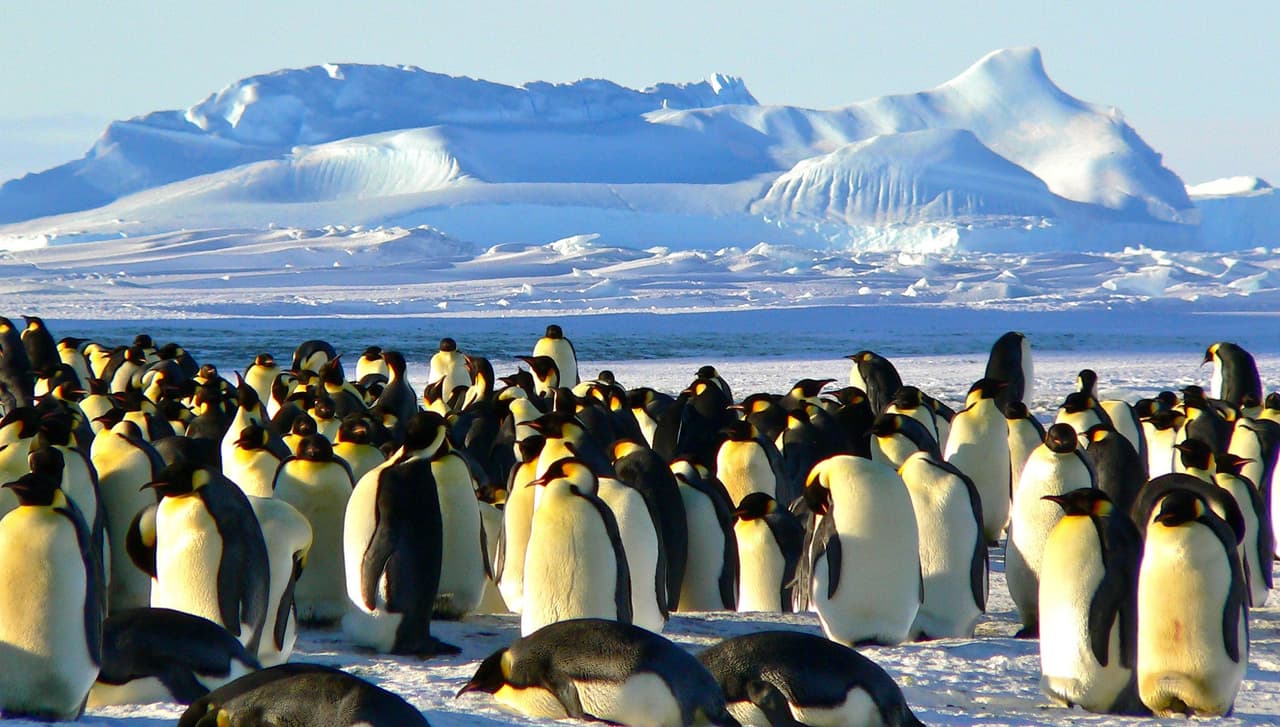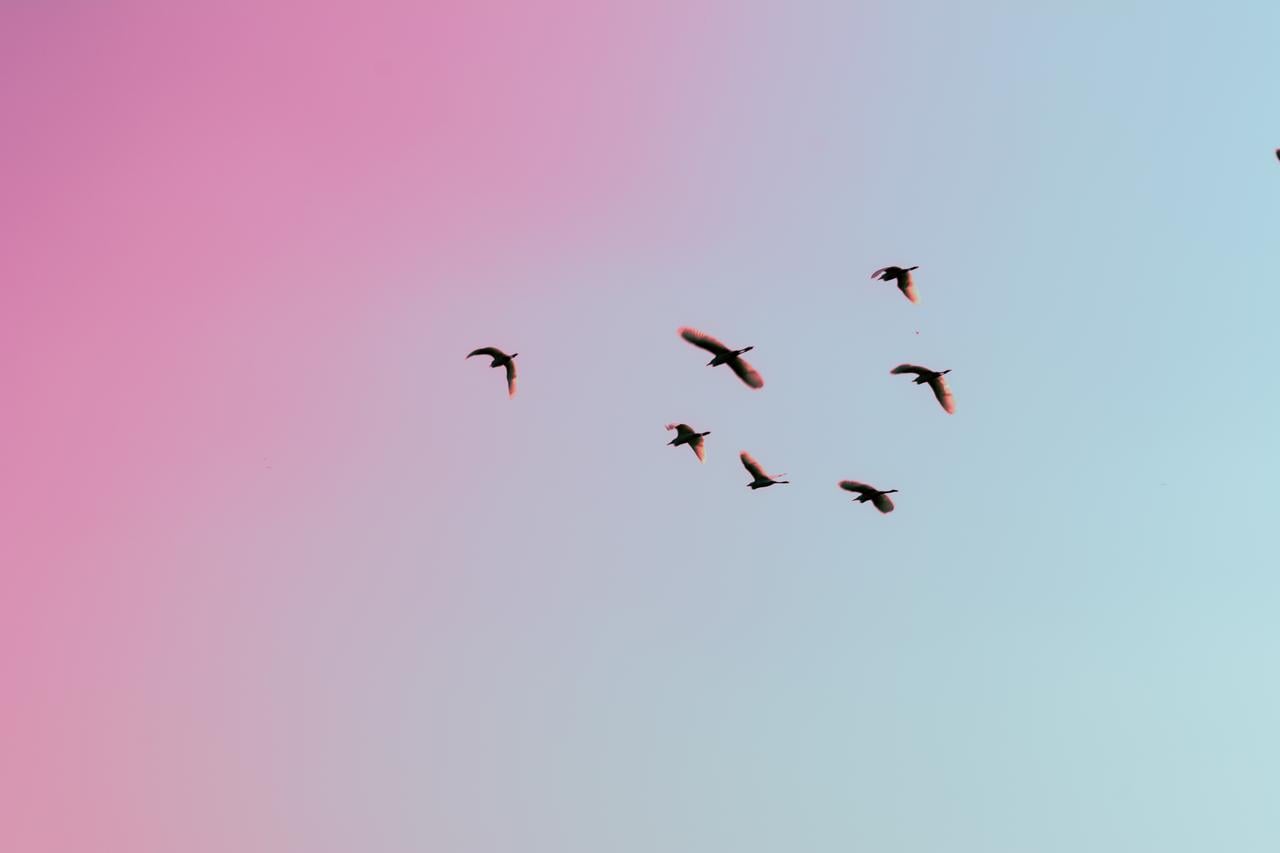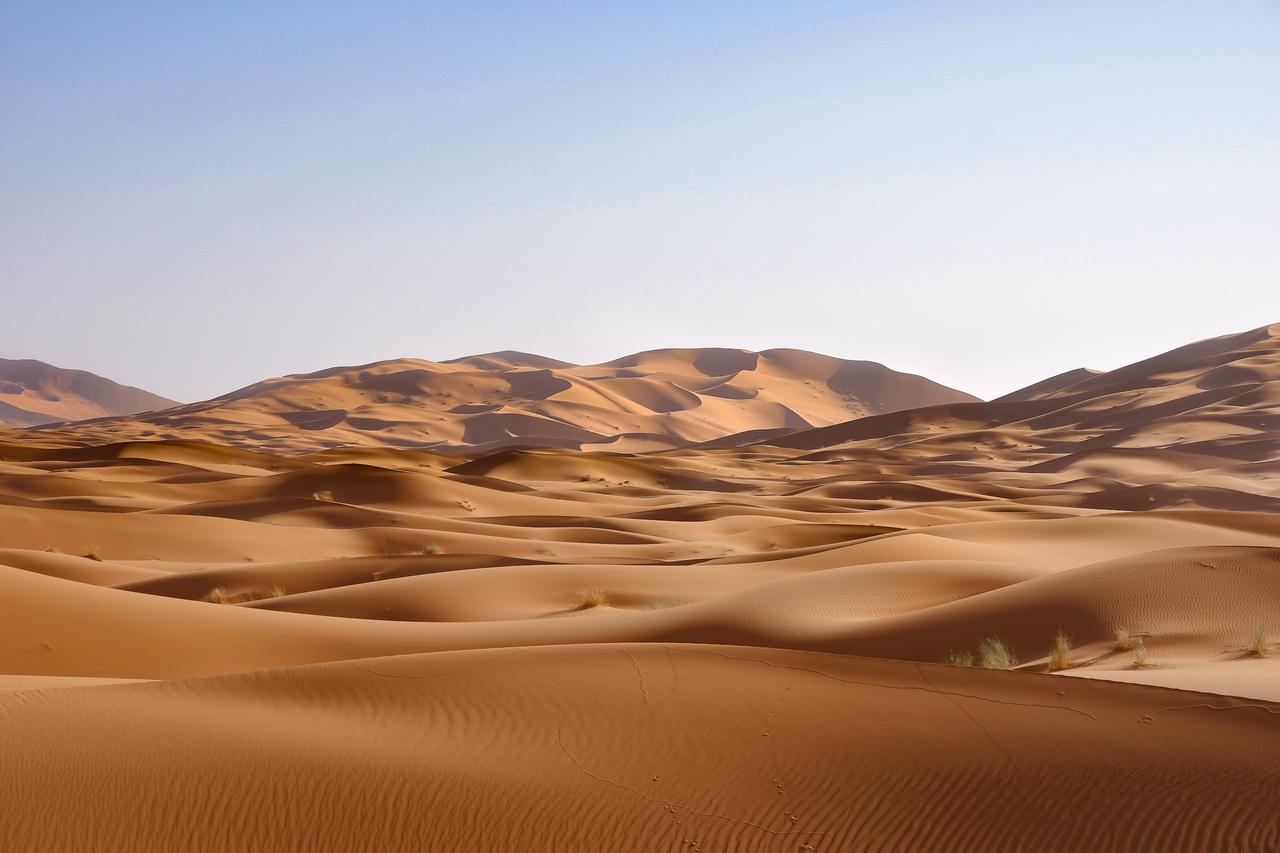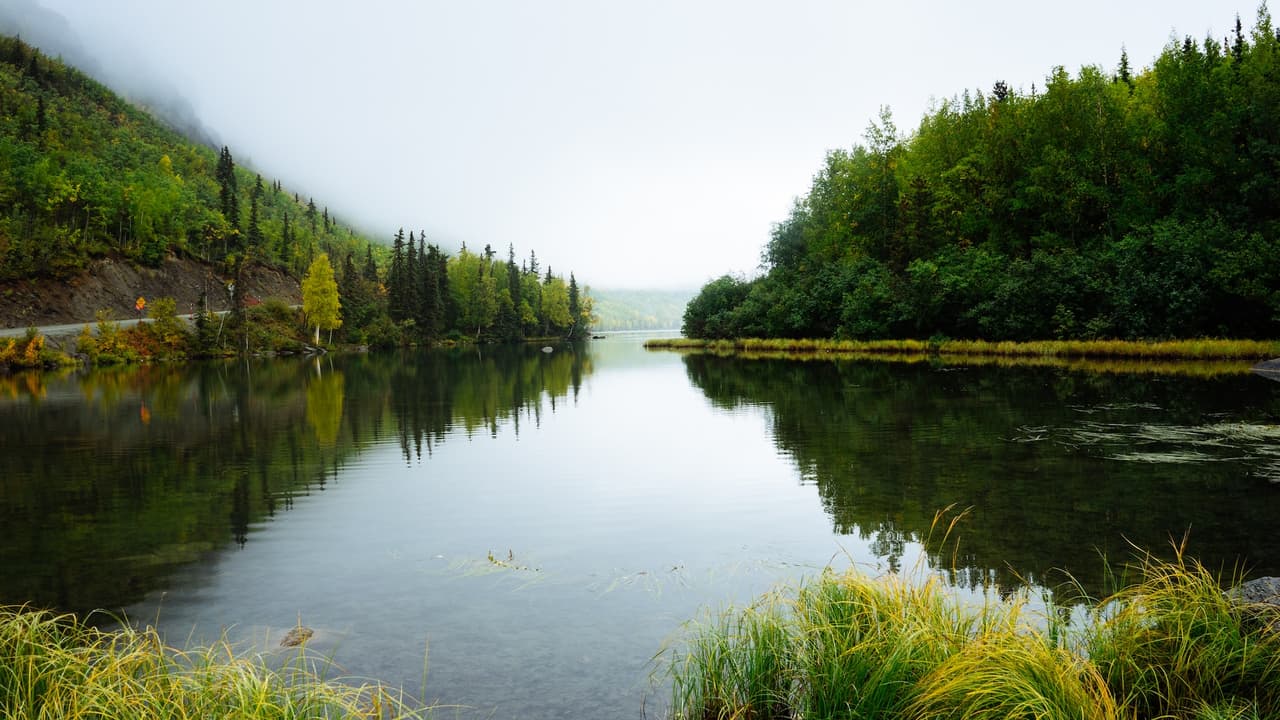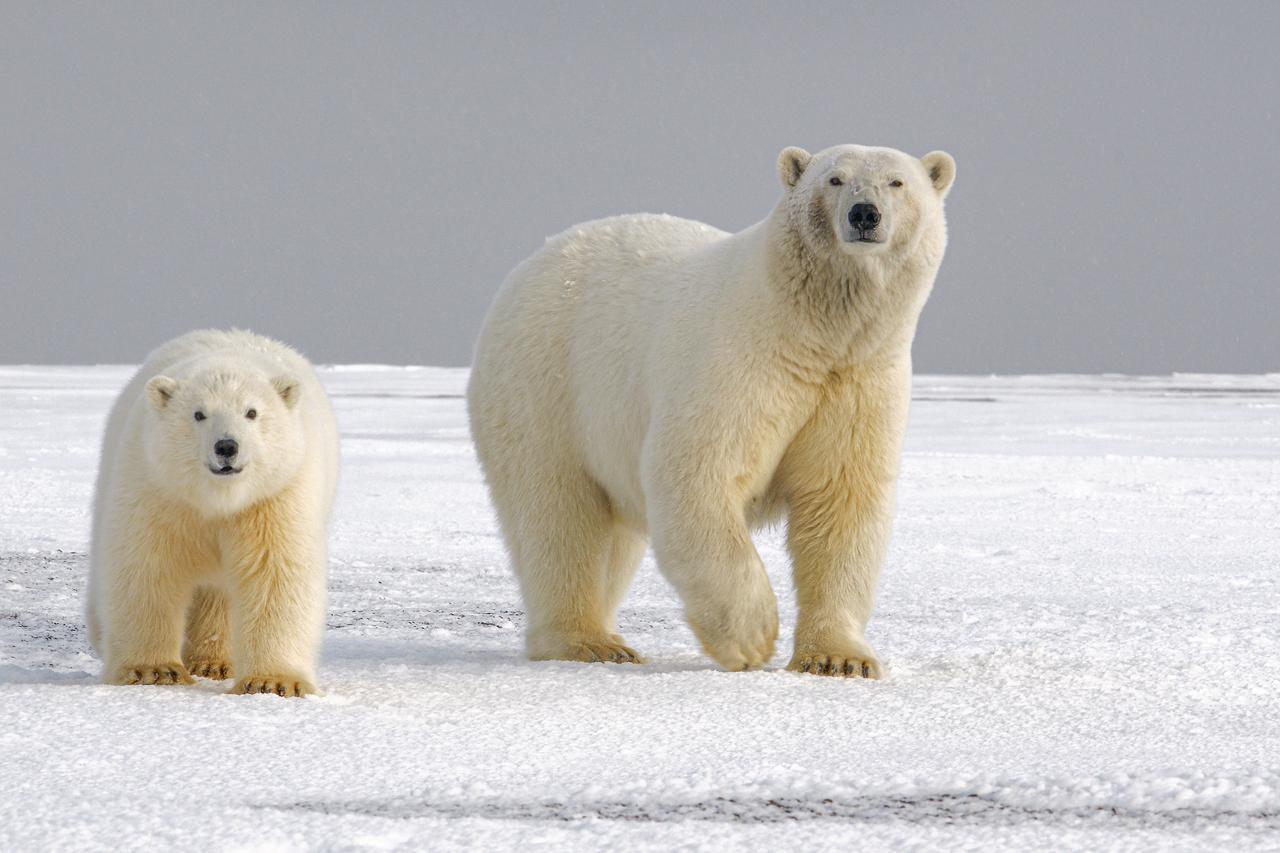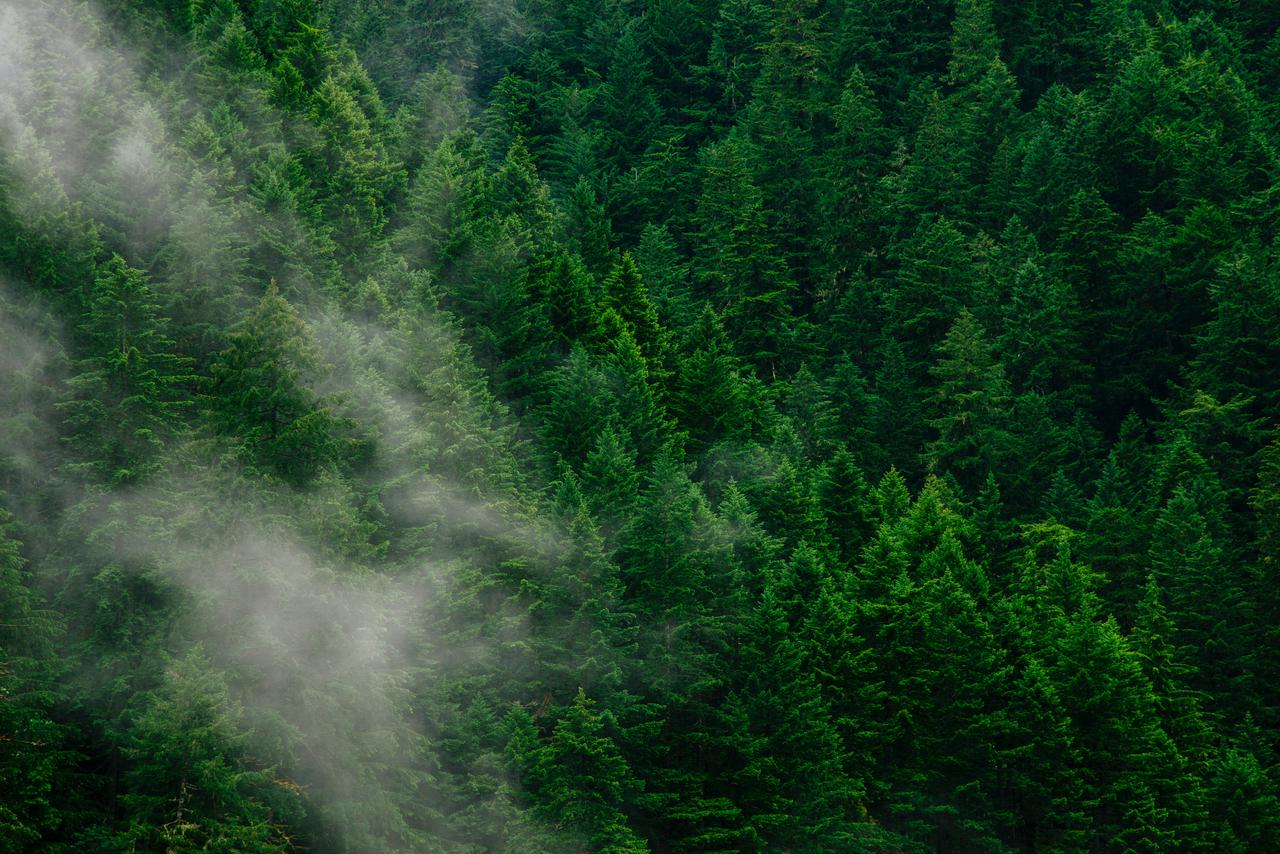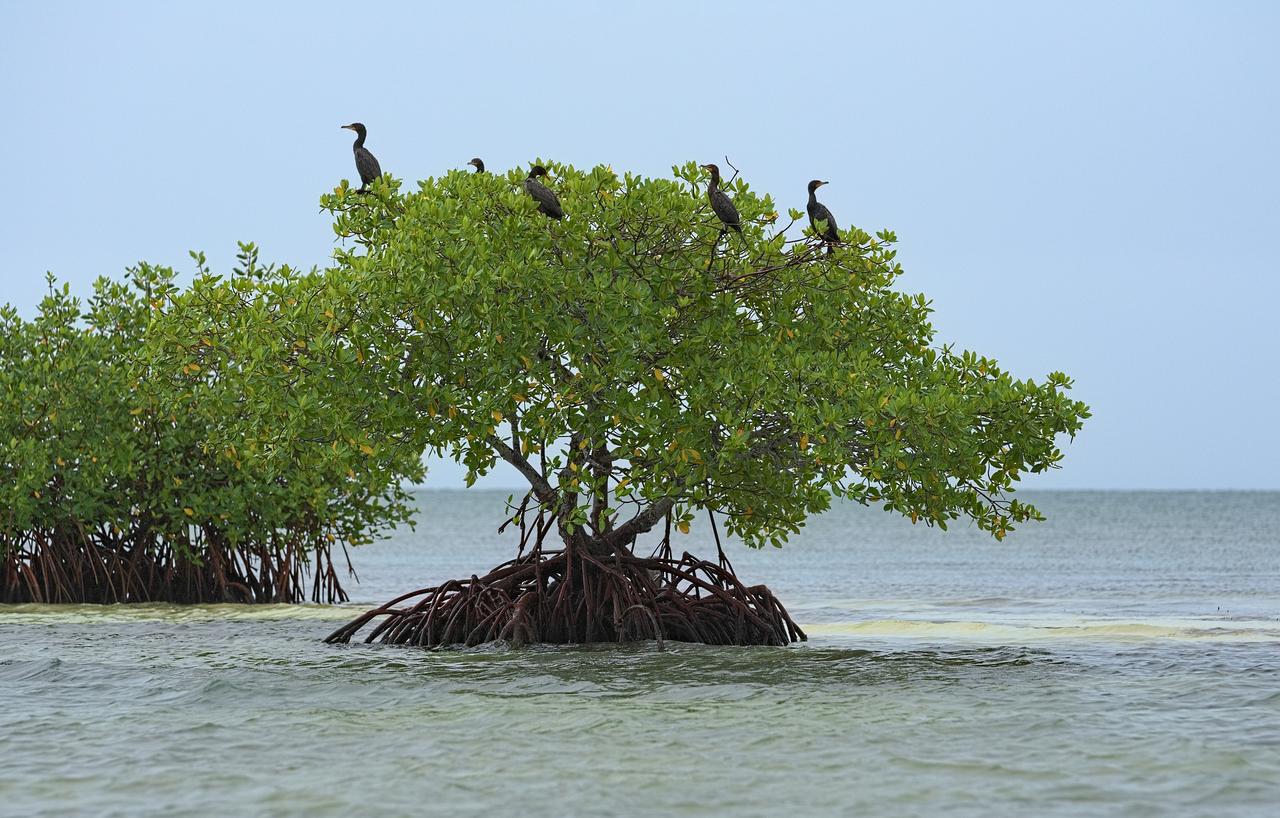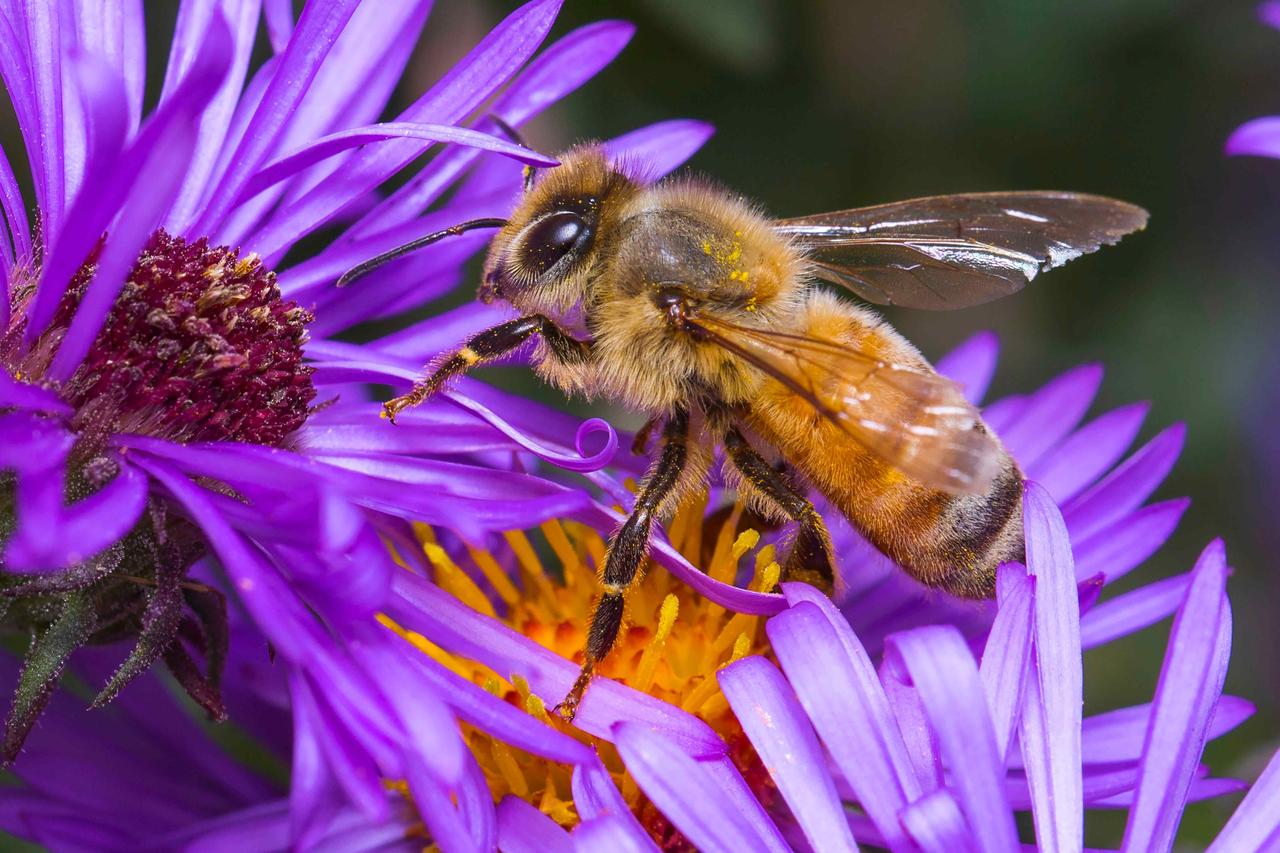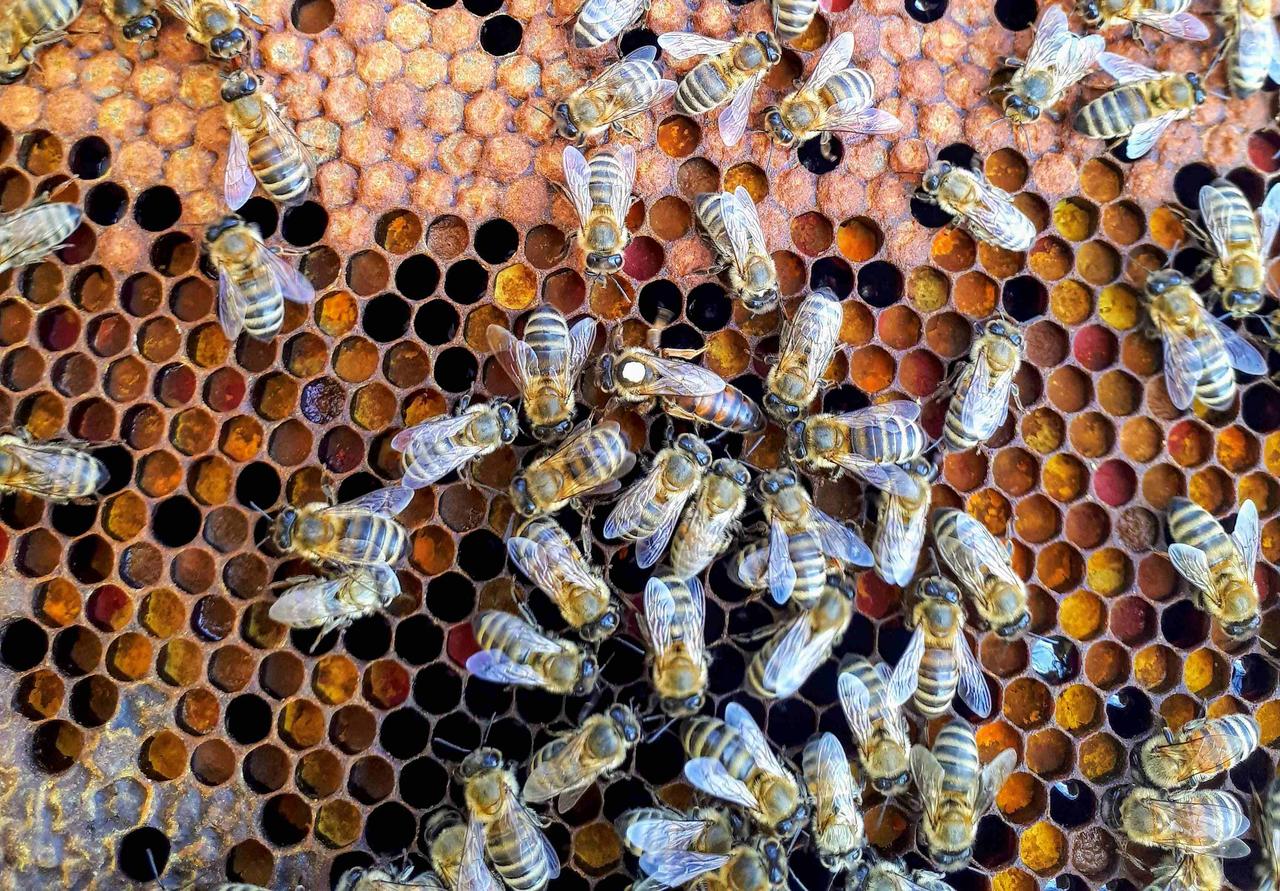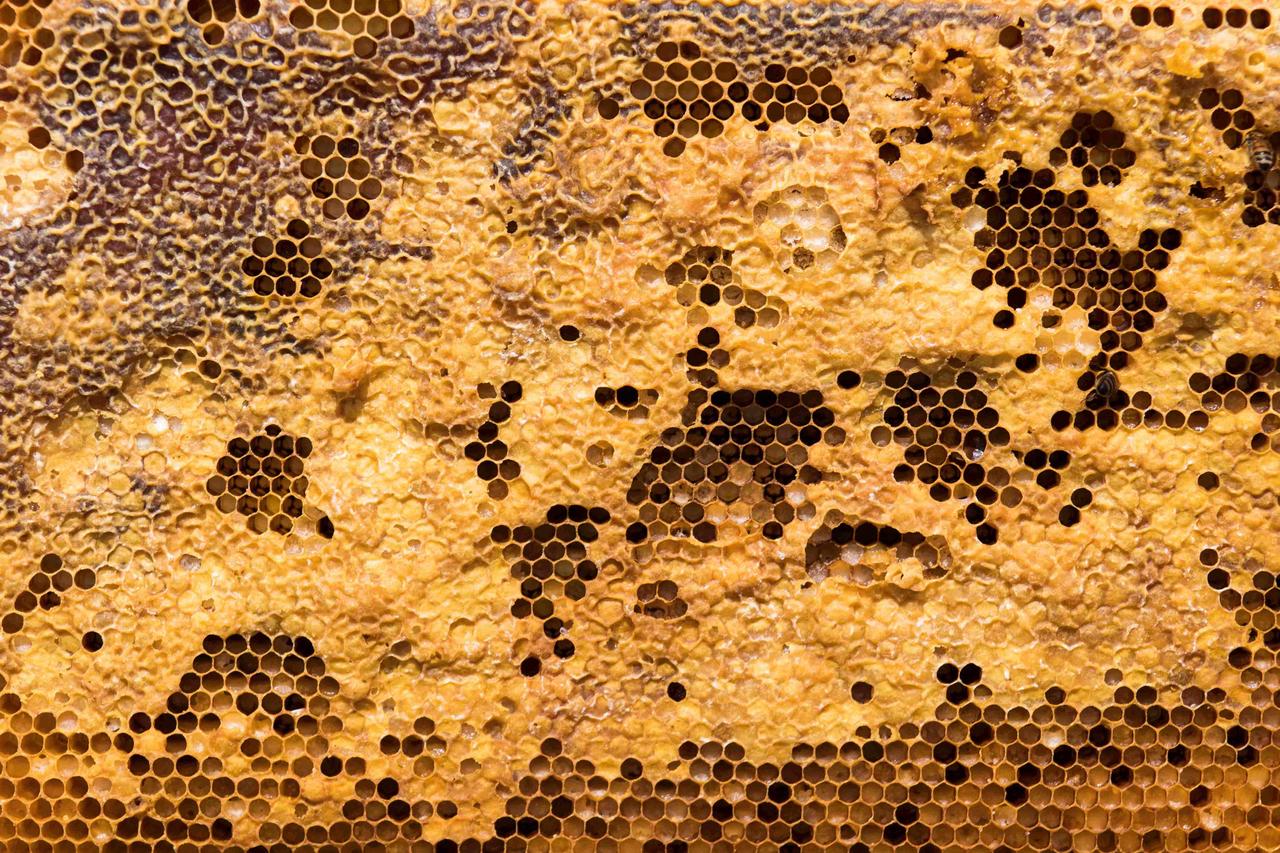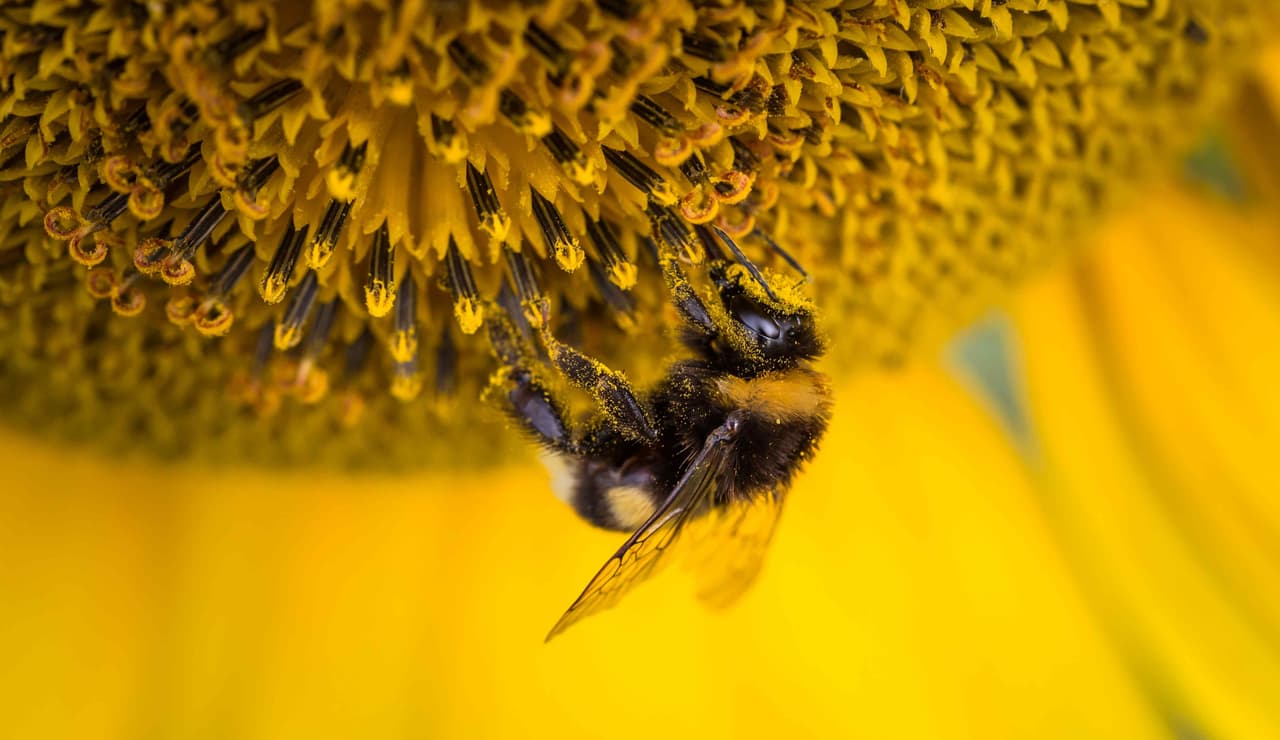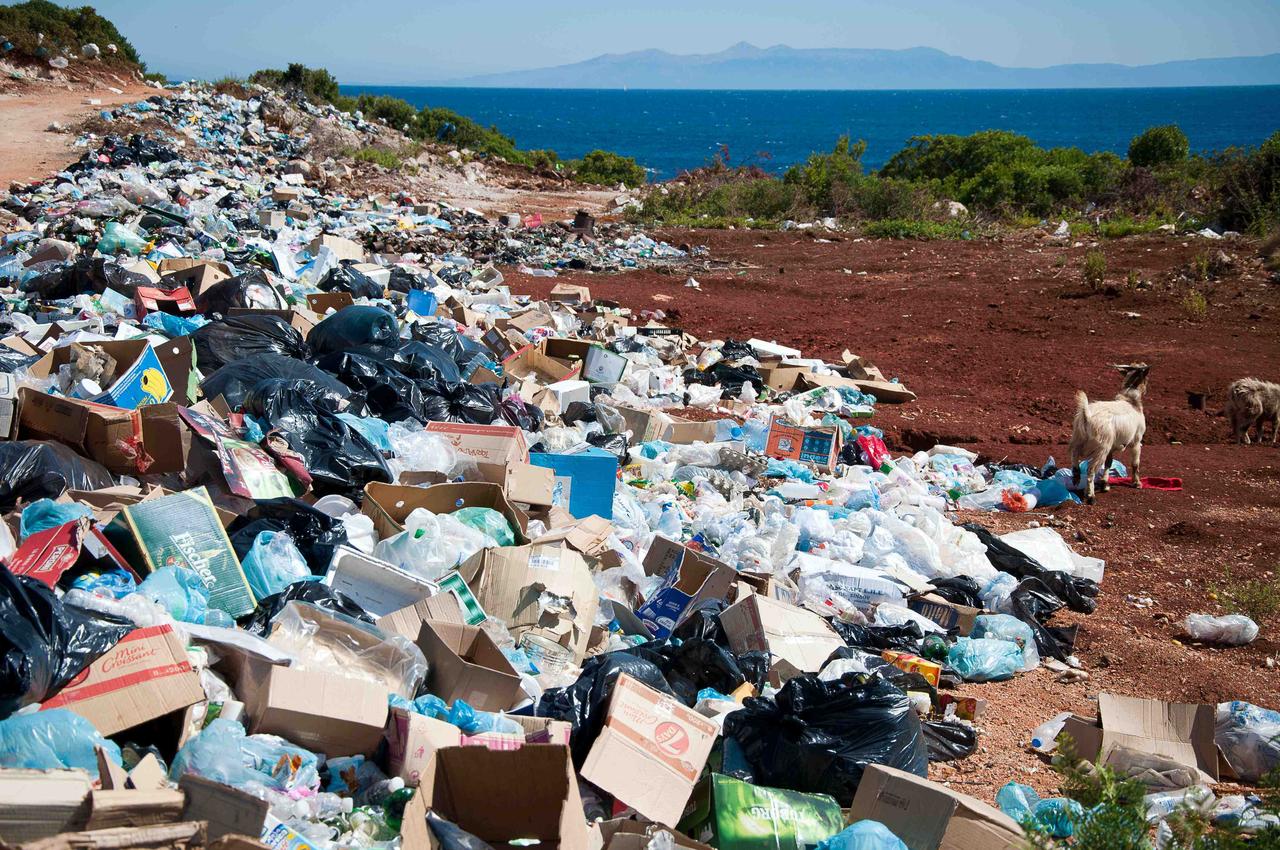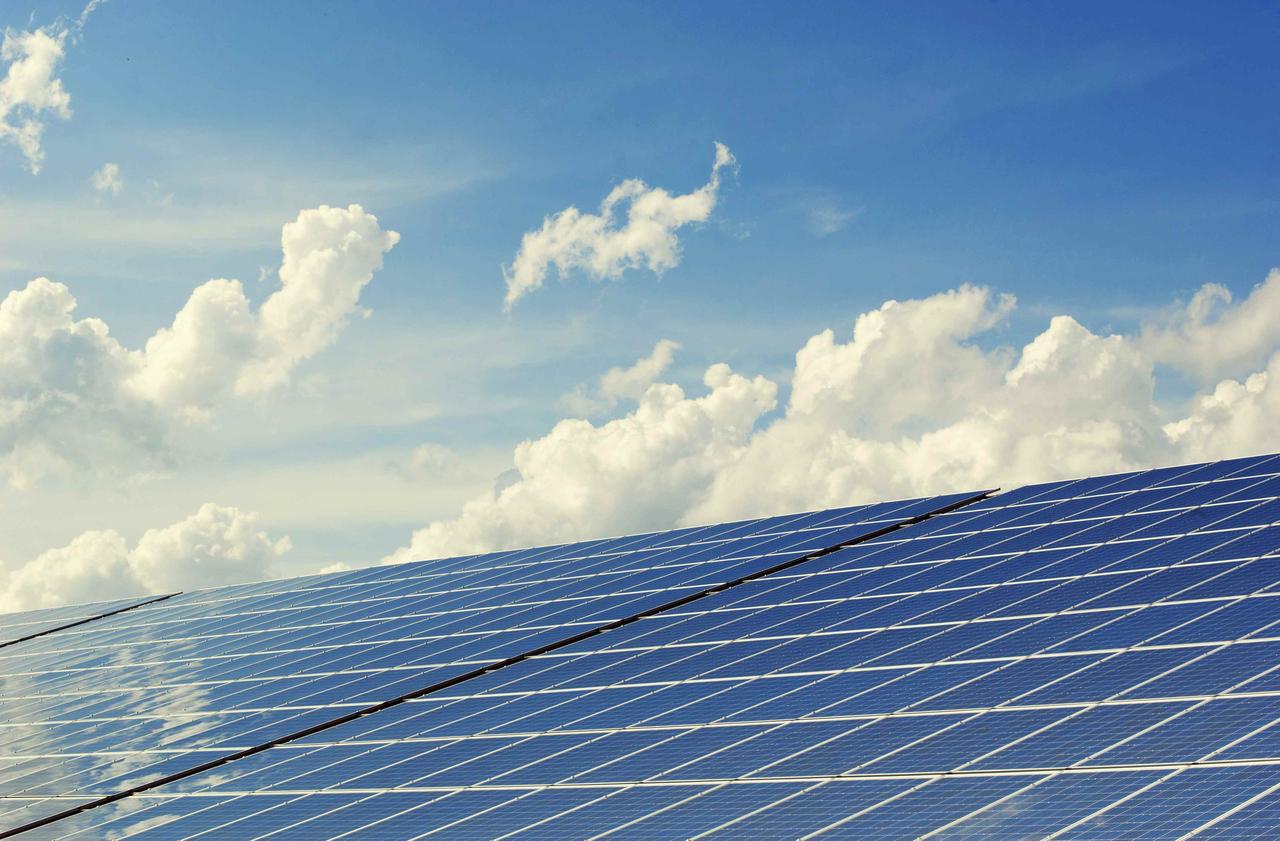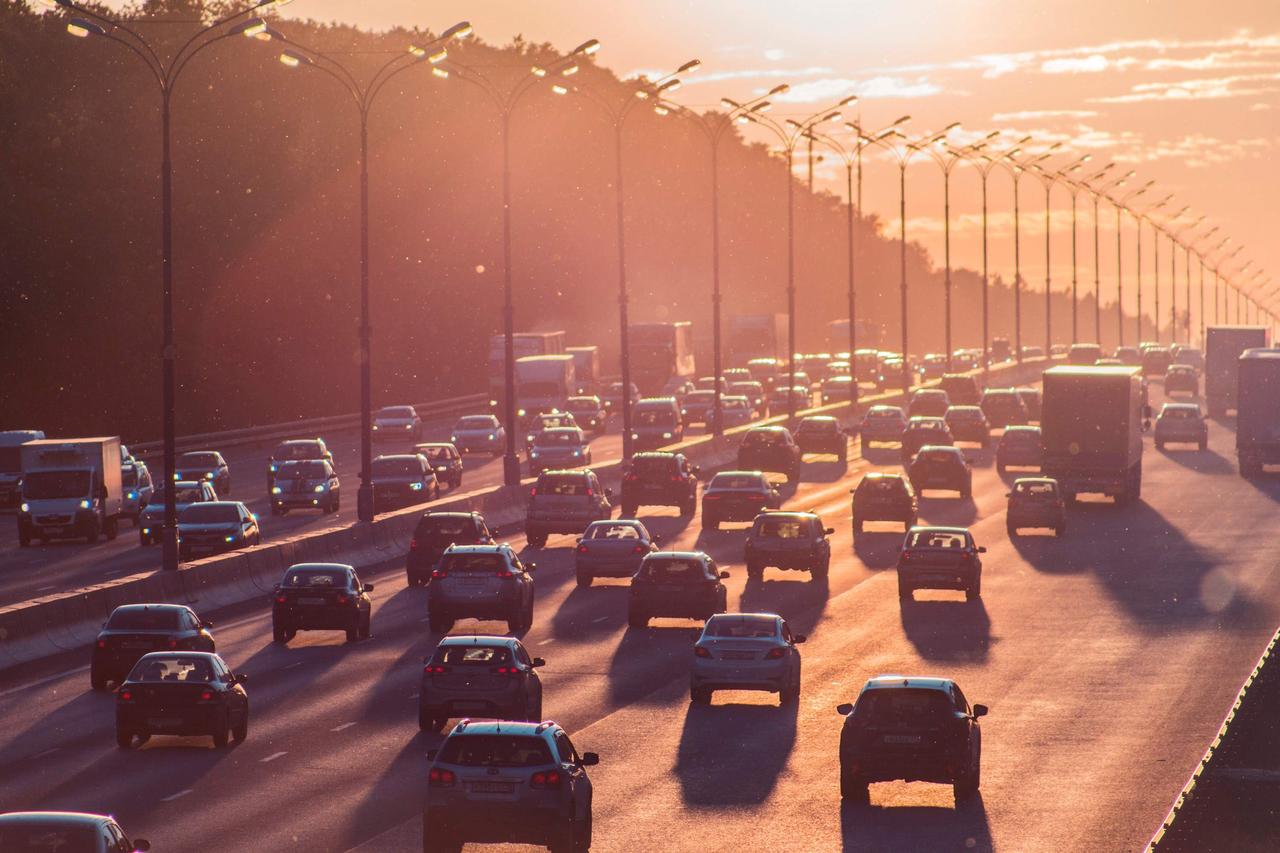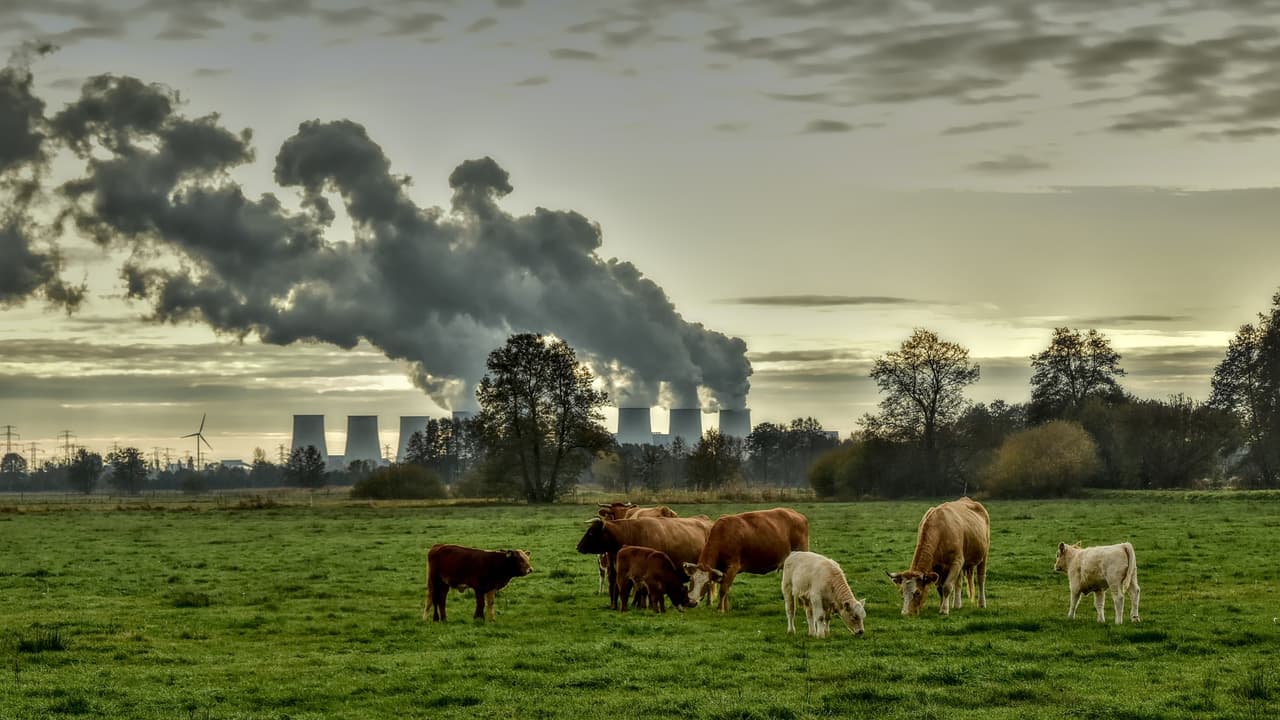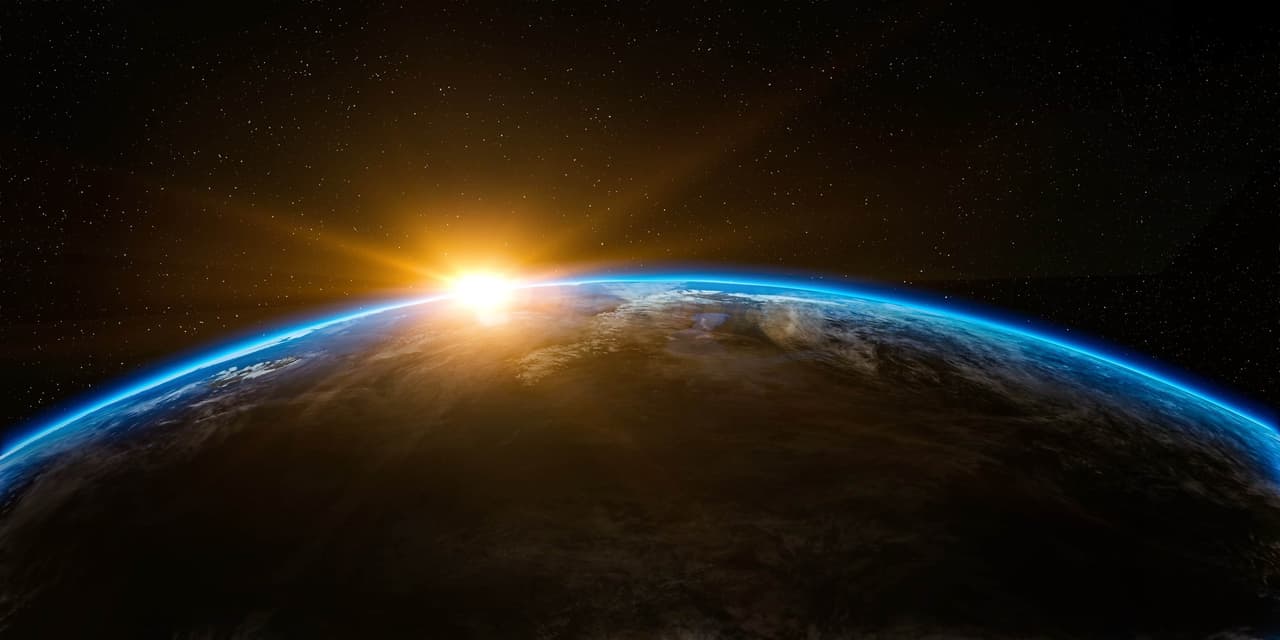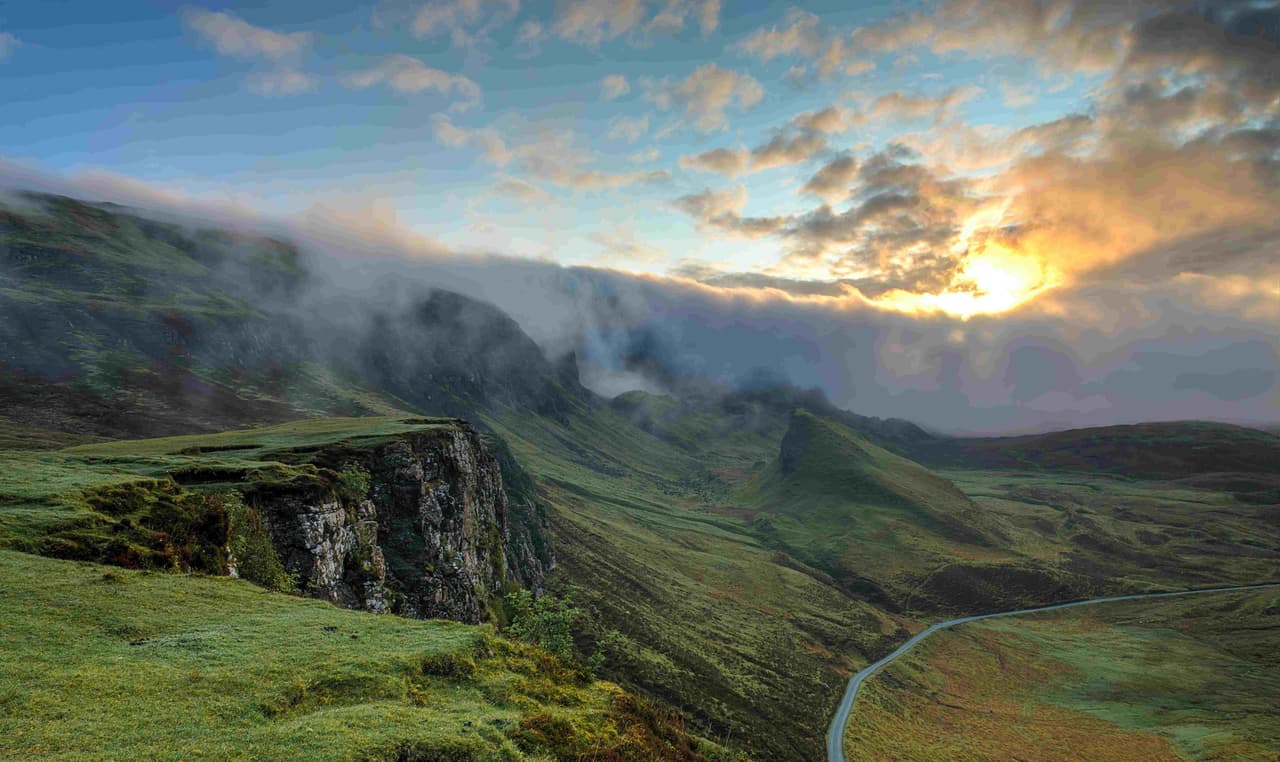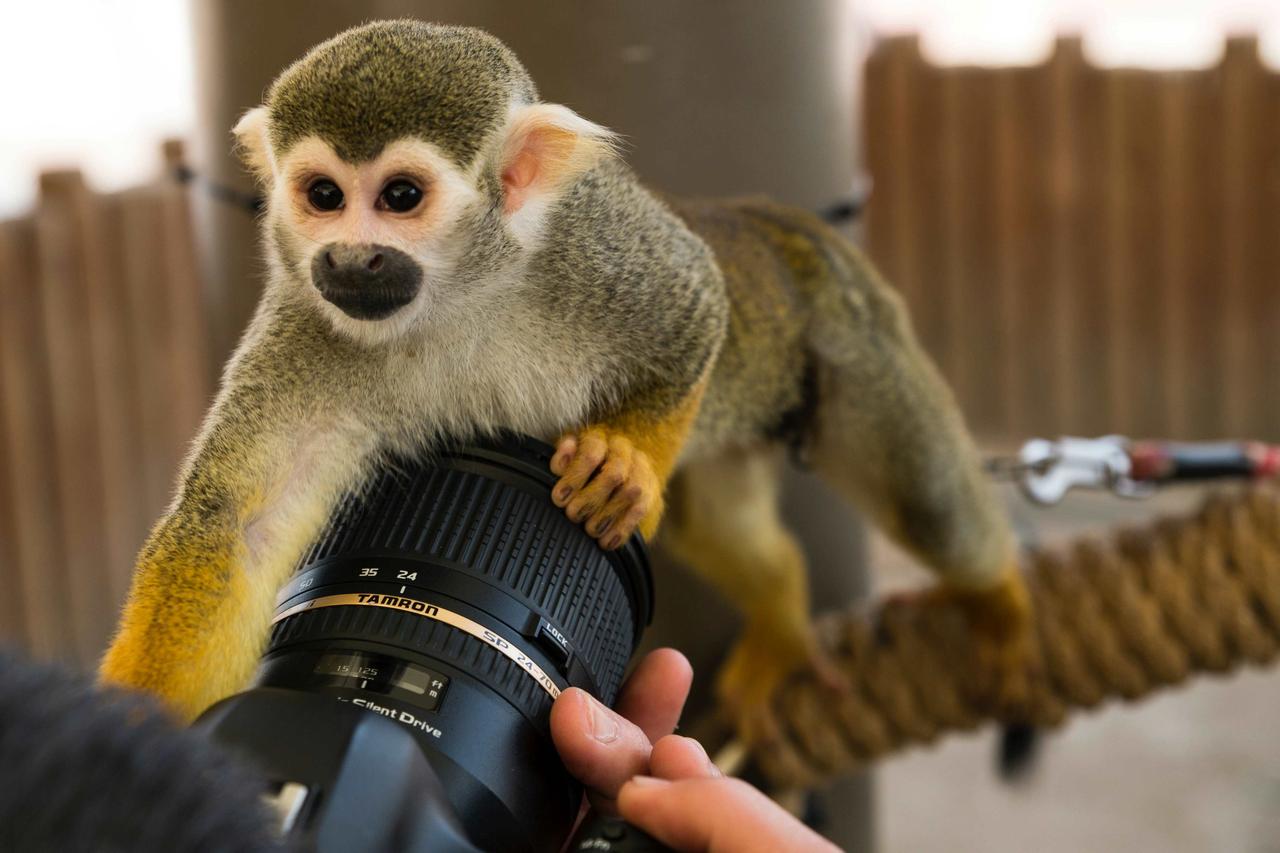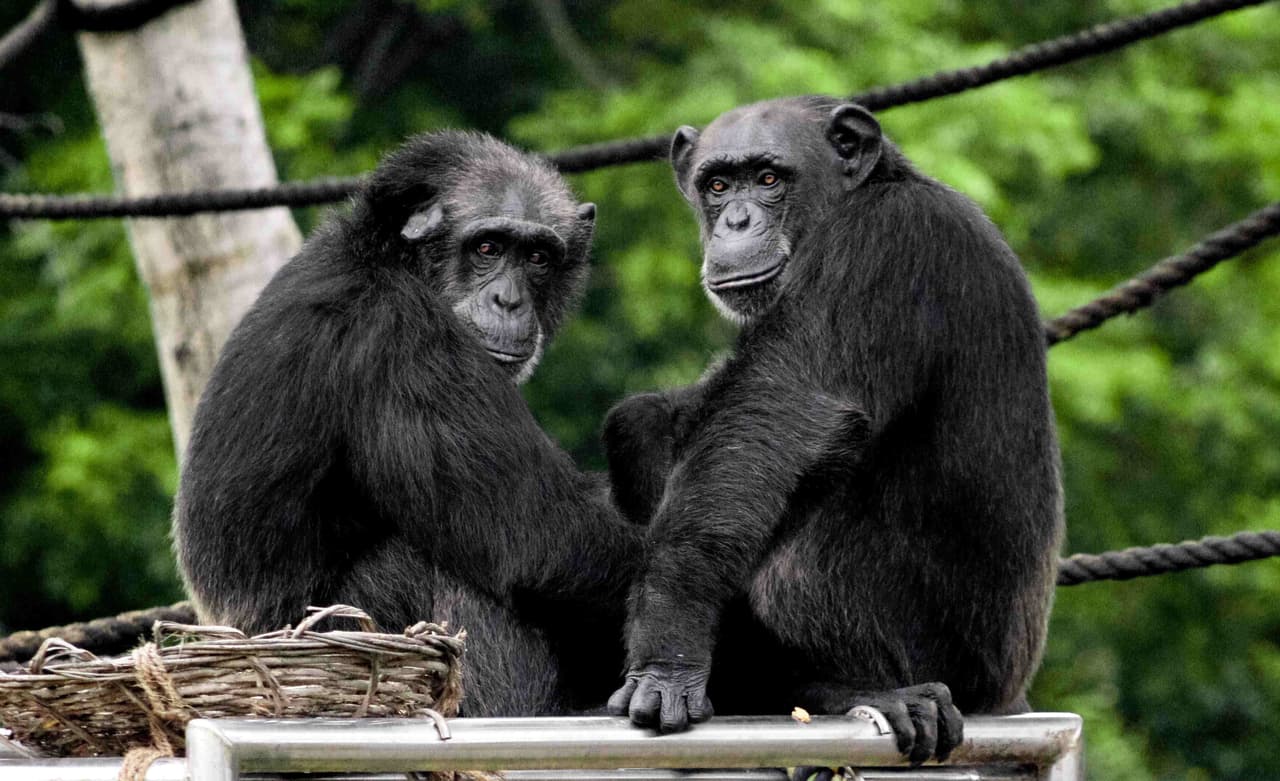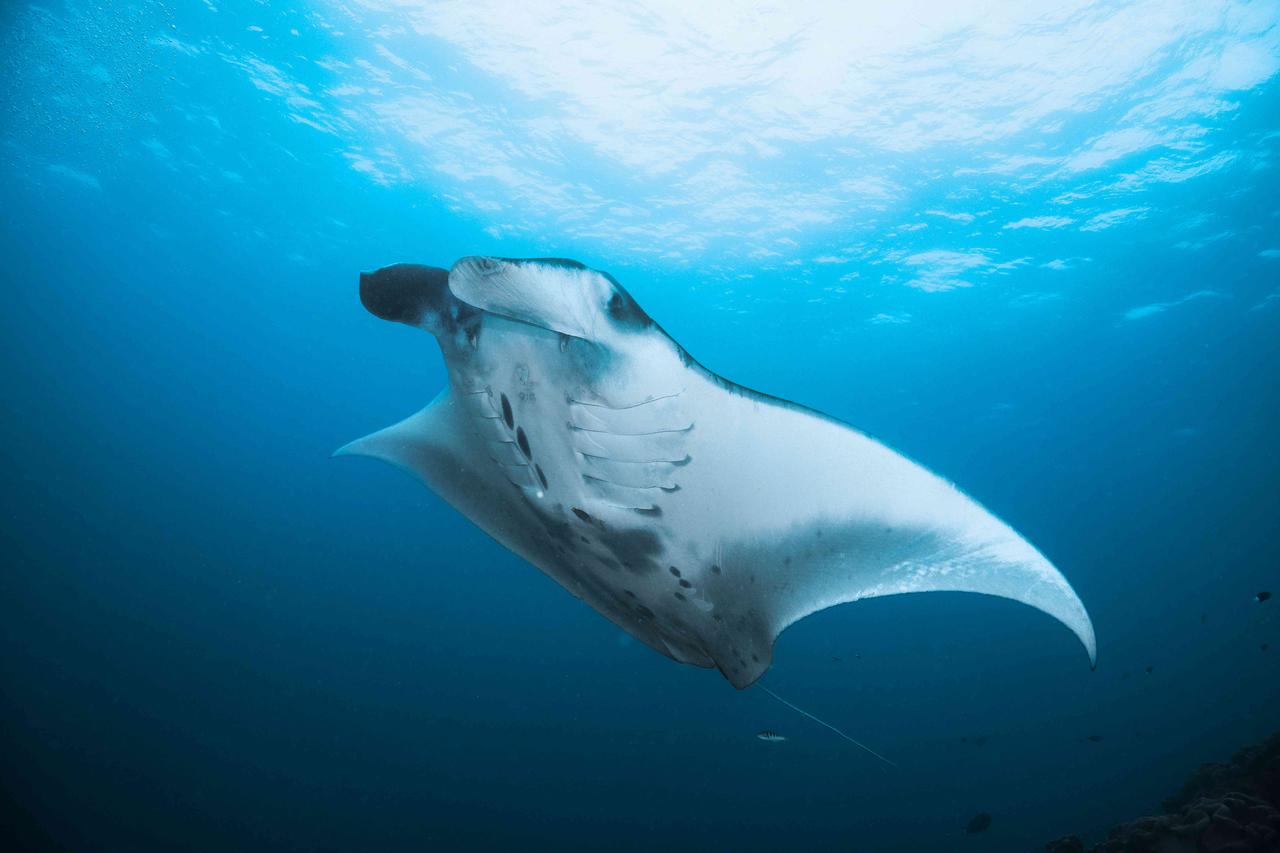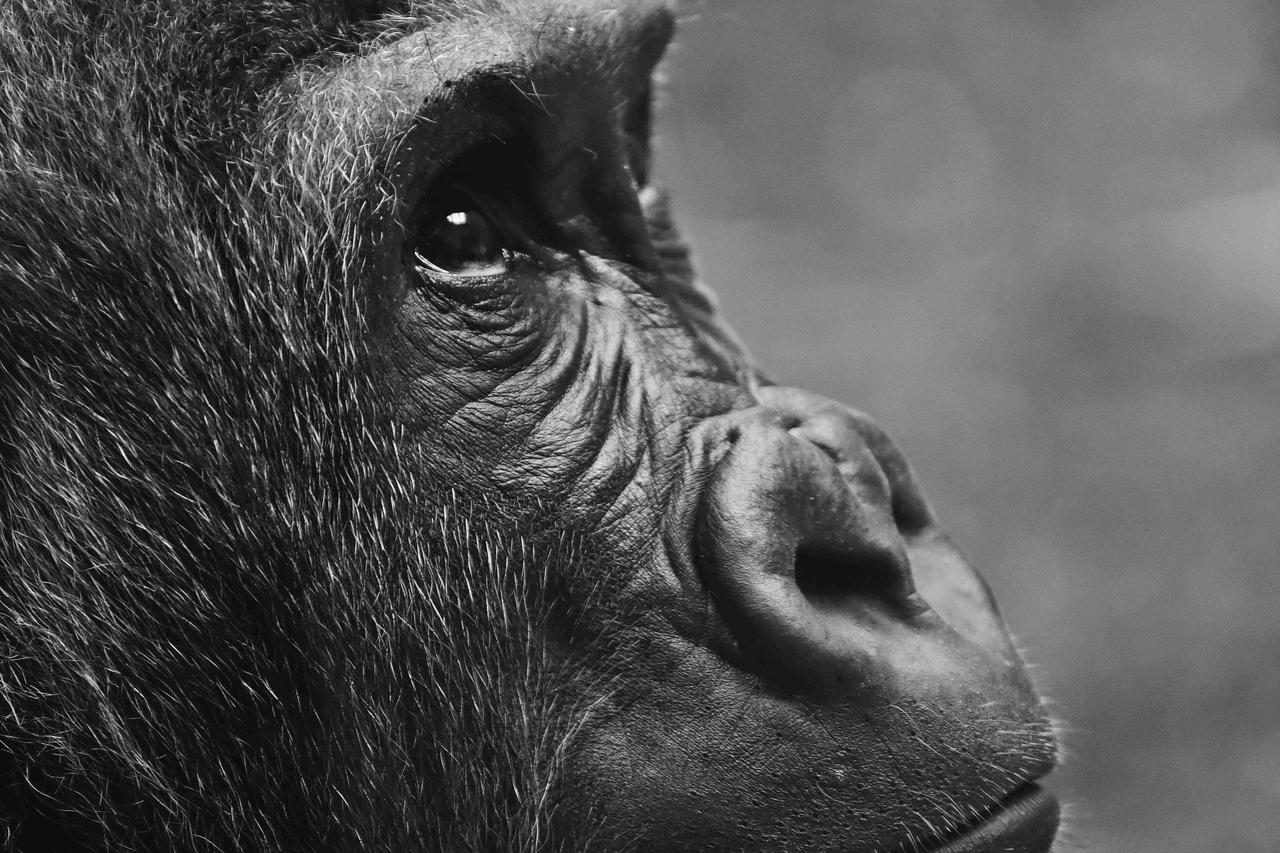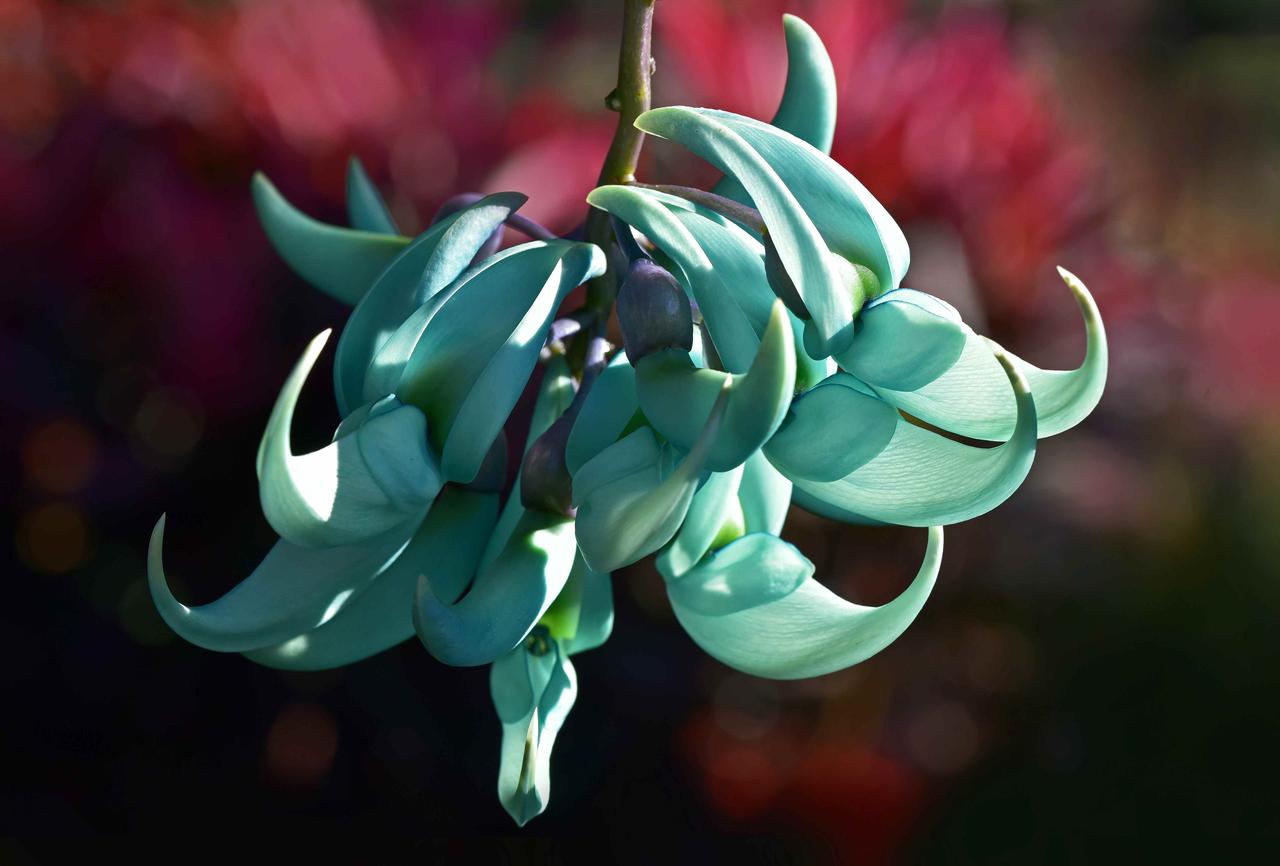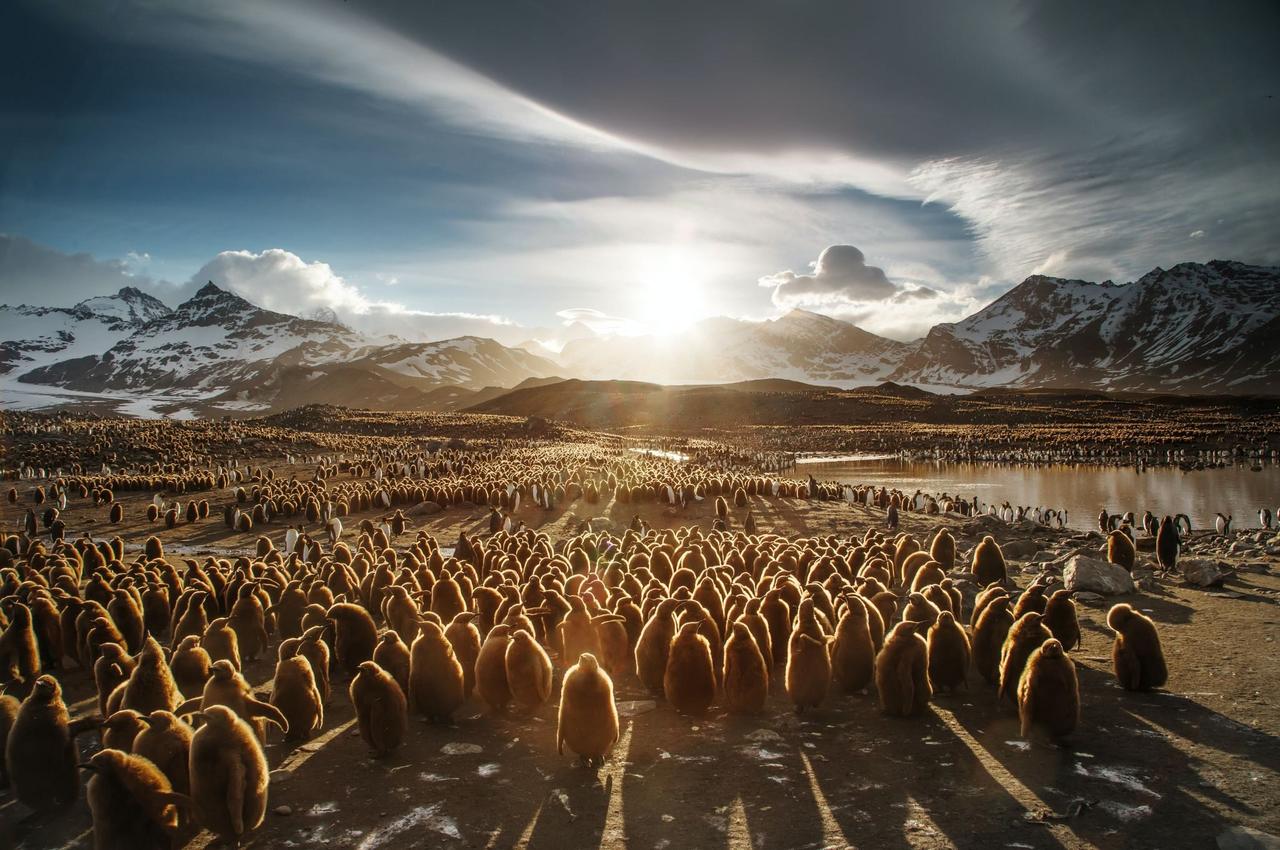
The cold doesn't bother everyone. In fact, arctic islands such as South Georgia and Greenland host some of the densest amounts of BIODIVERSITY in the world. But these islands face dire challenges in our warming world.
When you think of an island paradise, your mind might conjure images of palm trees and sand in the sun. But arctic islands like South Georgia and Greenland are frozen paradises in their own right — and their intricate ecosystems are proof of this.
South Georgia: Climate Change Threatening Biodiversity
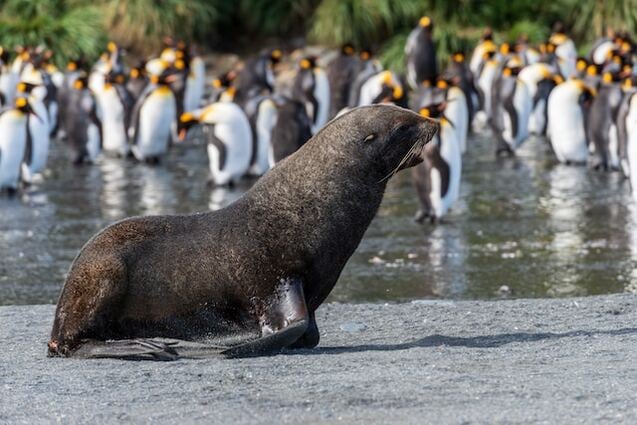
95% of all Antarctic fur seals live in South Georgia. They once faced extinction after being hunted in the 1800s, but once again, 3.5 million of them thrive on the island. Now there are growing concerns about their increasingly limited access to food sources due to climate change. Krill populations are rapidly decreasing and have already led to seal population declines on nearby islands due to rising sea temperatures.
Penguins love South Georgia: king, macaronis, gentoos, and chinstrap penguins live in colonies around the island. The largest penguin colony belongs to king penguins in St. Andrew Bay, with over 150,000 pairs. But despite their seemingly large numbers, shifts in weather patterns, ocean currents, and food availability, is now impacting penguin breeding sucess and surival rates.
Greenland: Losing Ice & Life
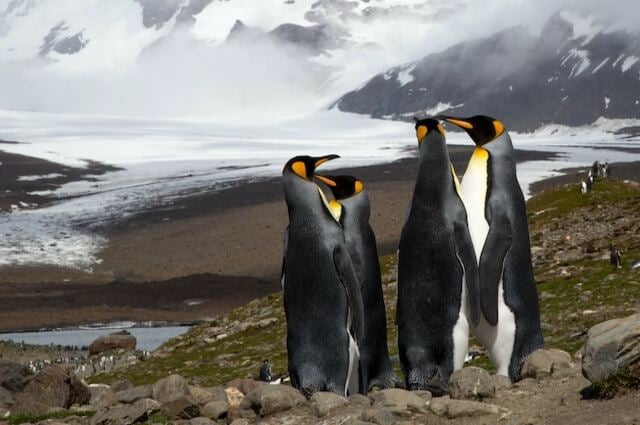
In Greenland, polar bears, musk oxen, arctic fox, walrus, reindeer are amongst the 26 mammal species that can be found. 56 bird species can also be found in Greenland. But amongst these, three mammal species and two bird species are currently endangered. Even marine life is at risk, the Greenland shark populations have declined by up to 40%.
80% of Greenland is ice-covered — this ice sheet holds a tenth of the entire planet’s fresh water. The rate of melting ice in Greenland will be the primary driver for rising sea levels globally. And the loss of ice has even been linked to the spread of harmful invasive species threatening BIODIVERSITY.
Fighting for a Frozen Future
As global temperatures continue to reach record-breaking levels, marine and land biodiversity remains at risk of severe declines. Help is needed more than ever to conserve our planet’s frozen islands so as to ensure these vital ecosystems remain abundant. Donate through VAKOVAKO today.

